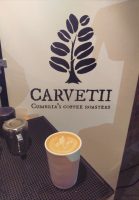 Welcome to Part II of my round up of this year’s Manchester Coffee Festival (the festival previously known as Cup North). In Part I, I took a look at the venue itself, and also my favourite coffee competition, the UK Cup Tasters’ Championship, won this year by Freda Yuan from Caravan. This time I want to focus on the coffee, looking at the various roasters who were there in force this year. I’ll finish things off in Part III with a look at the non-coffee related material (equipment, reusable cups, milk, cake, tea…)
Welcome to Part II of my round up of this year’s Manchester Coffee Festival (the festival previously known as Cup North). In Part I, I took a look at the venue itself, and also my favourite coffee competition, the UK Cup Tasters’ Championship, won this year by Freda Yuan from Caravan. This time I want to focus on the coffee, looking at the various roasters who were there in force this year. I’ll finish things off in Part III with a look at the non-coffee related material (equipment, reusable cups, milk, cake, tea…)
I tried to focus on people I don’t often get to see, so while I stopped by to say hello to the likes of Origin (which I’ve written about three times this year) and my friends at Allpress, I didn’t linger too long. I also ran into Glasgow’s Avenue Coffee and Dear Green Coffee who were visiting but not exhibiting. Talking of Scotland, I failed utterly to visit Artisan Roast, which had come all the way down from Edinburgh. And Union Hand-roasted, although at least I caught up with Union at the London Coffee Festival this year, so I don’t feel too bad.
Instead I caught up with some old friends, tried some speciality coffee in capsules, got talked into trying cascara (not once, but twice!) and rounded things off with some excellent espresso.
I’ve decided that this year I’ll just do things by day, so let’s start with all the roasters that I met on Day 1 of the Manchester Coffee Festival. As has become traditional now (ie I did it last year), I started with a visit to Carvetii, one of my favourite roasters, who had come down from Cumbria. What normally happens when I visit Carvetii is that Gareth and I get talking, leaving Angharad to do all the work… This time, Angharad had very sensibly sneaked off, leaving Gareth to do both the talking and the work. Very sensible.
Carvetii has been going for six years now and is the model of how to build a coffee roasting business (and a speciality coffee market) from the ground up in an area with no history of speciality coffee. As well as filling me in on the latest developments, Gareth told me about the impact of last winter’s floods (fortunately the roaster was unaffected, but many of Carvetii’s customers were, leading to a huge drop in orders at the start of this year).
The business is still going strong, however, and I find Carvetii to be one of the most thoughtful roasters around. If you haven’t already, take a look at its blog. Of, along with all the chatting, there was a coffee, a flat white of Carvetii’s seasonal espresso blend, a mix of beans from Honduras and Nicaragua. Since then, Carvetii has launched its latest seasonal blend, a 60/40 mix of Brazilian and Costa Rican beans, full details of which can be found on its website.
Finally, I met Mick, Carvetii’s latest recruit and a lovely young man who had insisted Gareth cut a hole in the display worktop so that he could install a tap. All this effort was, apparently, for my benefit since I’d praised Carvetii at the Glasgow Coffee Festival for having a water tap, an essential element at any coffee festival. Mick was therefore determined that I wasn’t going to miss out on my water this year.
I also caught up with J Atkinson & Co. who had the stall across the way from Carvetii. I heard about the latest trip to origin (for those not in the know, this is visiting coffee farmers, Atkinson’s latest trip being to Colombia (if you’re interested, take a look at the Atkinson twitter feed from the end of October/start of November for some great pictures or check out this short film). That aside, I learnt of plans for a new roaster to join the two vintage Whitmee machines that Atkinson’s currently use and I finally came to terms with the missing Faema E61 lever machine.
I first came across this beauty at the first Cup North two years ago. This amazing machine had been in full-time use back in Lancaster, but as the volumes in the shop increased it was “retired” to the festival circuit. Unfortunately it was showing its age and, while still a viable machine, it needs a lot of love, care and attention, which is not ideal when you are travelling up and down the country and need to be able to set something up and hit the ground running. These days, Atkinson’s is using a La Marzocco Strada for its festival appearances. I still miss the Faema E61 though…
Next on my list was Casa Espresso, flying the flag for Bradford. I popped by to say hello to the guys and was rewarded with a bag of Brazilian decaf for my troubles, which has been keeping me company on the long, winter evenings ever since! I also got to catch up with Cast Iron Roasters who’d come up from Sussex. Cast Iron is a real success story who I met for the first time just last year at the Caffè Culture Show. We met up again at this year’s London Coffee Festival, where I learnt all about the wonderful Panamanian coffees (which sadly are all gone now). Cast Iron has only being going for three years, but is really creating a stir with some great coffee.
It’s always a pleasure coming to Manchester because it means catching up with James from Heart & Graft, although this time we talked more about coffee machines than coffee itself. James was showing me his bespoke purple Conti espresso machine with transparent casing, while pride of place went with Conti’s 60th anniversary machine which will feature in Part III. I also caught up with Kreg, from North Star, who was telling me about the new roastery in Leeds, which I am still to visit!
However, I’ve saved the best of Day 1 until last… See what I got up to after the gallery.
The most surprising visit of the day was to my friends at Neighbourhood Coffee, who had come all the way from Liverpool to show off the latest innovation, speciality coffee in capsules! This is something I wrote extensively about back in March when Maxwell of Colonna Coffee rather turned my perceptions (presumptions? Prejudices?) around 180⁰ by championing speciality coffee in the capsule market.
Naturally I was fascinated to see what Neighbourhood had managed to come up with, so I tried one of the Ethiopian Konga pods. The particular coffee had been arrived at by a long process of trial and error, working out which beans work well in pods and which don’t. Like Colonna, Neighbourhood roasts the beans, which are then sent to a specialist plant for grinding and packing.
I think the key to capsule coffee is not to think of it as espresso, more as a short filter or a lungo. If you go in thinking it will taste like an espresso, there’s a danger you will be disappointed. Take it for what it is and you may well be in for a pleasant surprise. Having said all that, my Konga capsule was excellent. The coffee had a good body to it, the natural fruitiness coming strongly through, while at the same there was very little acidity (big bonus for me). If this is the future of capsule coffee, then sign me up! If you want to find out more, you can buy the capsules on Neighbourhood’s webshop.
You can see what I got up to on Day 2 after the gallery.
Day 2 started a little earlier than normal with an invitation to the 10th Birthday Party for Grumpy Mule, which took the form of free breakfast. Of course, this has no (well, maybe a little) influence on my decision to turn up early… While I was there, I was cornered by Howard, from Grumpy Mule, who lulled me into a false sense of security by carrying around a pair of cafetieres.
“Ah ha!” I thought. “More coffee.”
Actually it was cascara. Two different ones, in fact, both from the same farm in Costa Rica, but from different varietals of coffee bean. For the uninitiated, cascara is made from the dried coffee cherry, which is left over after the cherries have been processed to extract the bean. Often considered a waste product, it is usually recycled as fertiliser, but the coffee farmers can make more money by selling it to the likes of Grumpy Mule, who then turn it into a tea-like substance.
Howard has been trying to convert me to the joys of cascara for a little while, but if I’m honest, it’s a little too tea-like for my tastes. My tea-drinking friends like it though! Howard was getting people to try to the two different varietals to highlight the differences in taste between them, and even I could tell them apart.
Talking of different things, I popped by the La Cimbali stand to meet Rob Ward (when he wasn’t helping with the Cup Tasters’ Championship). Rob did the La Cimbali Sensory Sessions at the 2015 London Coffee Festival, one of the highlights of that year’s festival for me, so I was keen to see what he’d thought up this year. Taking two of his favourite things, coffee and beer, he’d combined the two, pairing specific coffees with individual craft beers to highlight the complimentary natures of the tastes. Unfortunately, beer’s really not my thing, so it really wasn’t my cup of tea (to thoroughly mix my metaphors), although each time I went past, it seemed really popular.
Next, I wandered over to the Clifton Coffee Roasters stand, where I ran into a couple of old friends. One was Dhan, from The Coffee Lab, who was actually moonlighting from the Conti stand (Dhan + espresso machine = coffee seems to be a general equation). The other was Catherine from Artisan Roast in Edinburgh, who’d I’d run into almost four years before and who remembered me, which I thought was pretty impressive. We’ll gloss over the bit where I completely failed to recognise her…
Anyway, Catherine is now roasting for Clifton, having moved down to Bristol, so while we chatted about the differences between Bristol and Edinburgh (two of my favourite cities) I tried some of Clifton’s output. There was a Kenyan single-origin on pour-over, but I was convinced to try the nitro cold brew. This was made with a single-origin Ethiopian bean and had a lovely body to it, plus a lot less of the cold brew taste I don’t like.
However, what really impressed me was the cascara (I know, twice in one day!). This was from a farm in El Salvador and Clifton had made it into a tonic, then put under pressure to create a nitro tonic. This, I have to say, was superb, very light and refreshing. Not at all like coffee, but a real alternative that I could see me drinking on a summer’s day!
After that, I needed a break and a return to normality. You can see what I got up to after the gallery.
After all this cascara, cold brew and beer, I felt in need of some good, old-fashioned espresso, so I headed over to the Coopers Coffee stand to catch up with Rebecca, aka Glasgow Coffee Girl. Last year, Rebecca had given me a run-down on the Black Eagle espresso machine, an impressive piece of kit if ever there was one. This year there was another Black Eagle on the stand, although this one was disconcertingly painted red… Despite this, I let Rebecca talk me into having an espresso, made with the Grand Cru seasonal blend. I also got a 500g bag to take away with me, which I went through at a weekend away with some friends: very nice it was too!
After that, I was on a bit of a roll, so headed over to the Climpson and Sons stand, where I tried a single-origin Costa Rican, a naturally-processed coffee which is Climpson’s current Fields single-origin espresso. This was very bright, but had a middle-of-the-mouth feel to it, avoiding the side-of-the-mouth notes I really don’t like in bright espressos. Once again, I was left with a sense that espresso is evolving, with roasters like Climpson exploring different tastes and styles.
By now things were winding down, but there was still time to call in on local roaster (and coffee shop), Ancoats Coffee. I caught up with Jamie and co to try another naturally-processed coffee as an espresso, this time one from Ethiopia. Although also bright, in contrast to the Costa Rican, this was had a very much front-of-mouth feel. However, what surprised me most of all was how much of the fruity flavour it retained. Normally I find that the brightness in the coffee just overwhelms my taste buds, leaving me tasting little else.
Almost as an afterthought, I asked if I could have a dash of milk in what was left of my espresso, resulting in a somewhat makeshift cross between a macchiato and piccolo. What a genius decision that was! The milk absolutely transformed it, dialling down the brightness and bringing out chocolate notes, while giving it a really rich taste. It was nothing short of awesome and such a great way to end the festival!
Don’t forget to check out Part III of my Manchester Coffee Festival round-up, where I look at everything else I got up to, including all things non-coffee (as well as some coffee stuff).
December 2016: Manchester Coffee Festival 2016 was a runner-up for the 2016 Best Espresso Award, although the honours are shared with Ancoats Coffee Co.
You can see what fellow coffee-bloggers, Bean There At and Commodities Connoisseur, made of the Manchester Coffee Festival.
If you liked this post, please let me know by clicking the “Like” button. If you have a WordPress account and you don’t mind everyone knowing that you liked this post, you can use the “Like this” button right at the bottom instead. [bawlu_buttons]
Don’t forget that you can share this post with your friends using the buttons below.

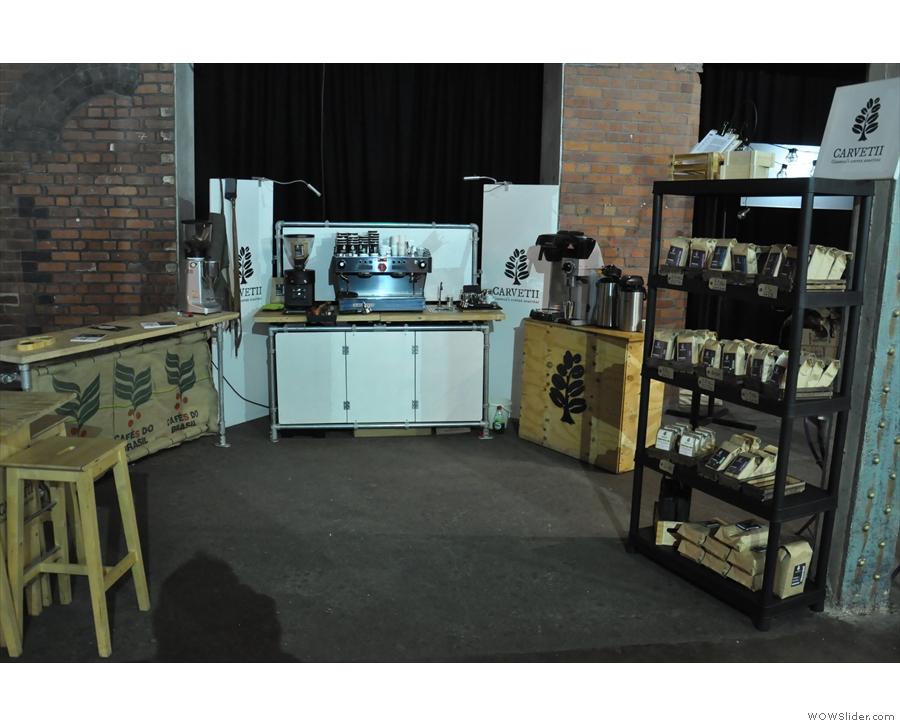
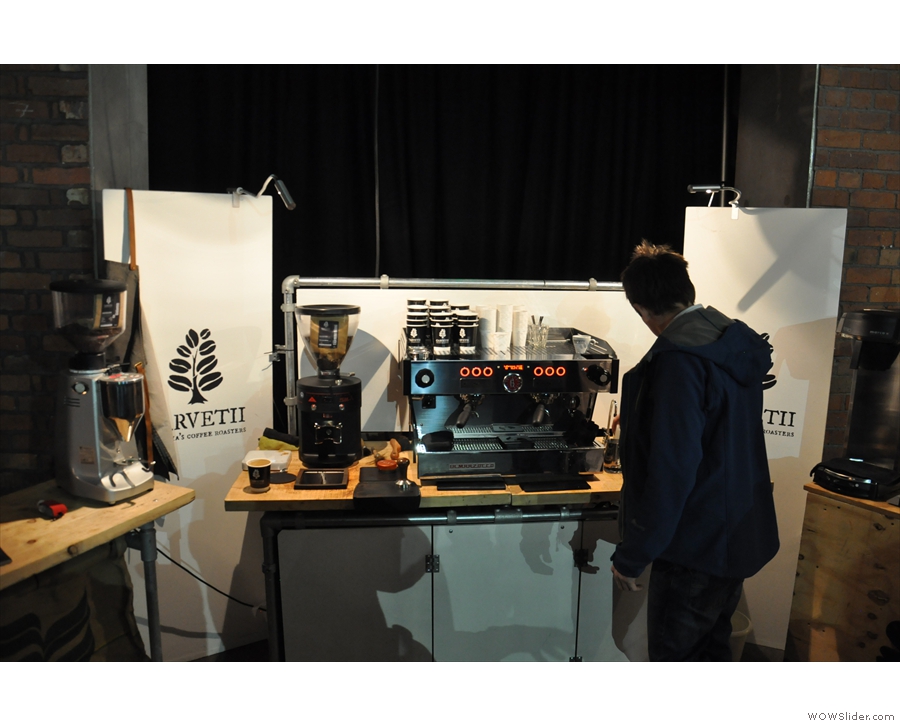
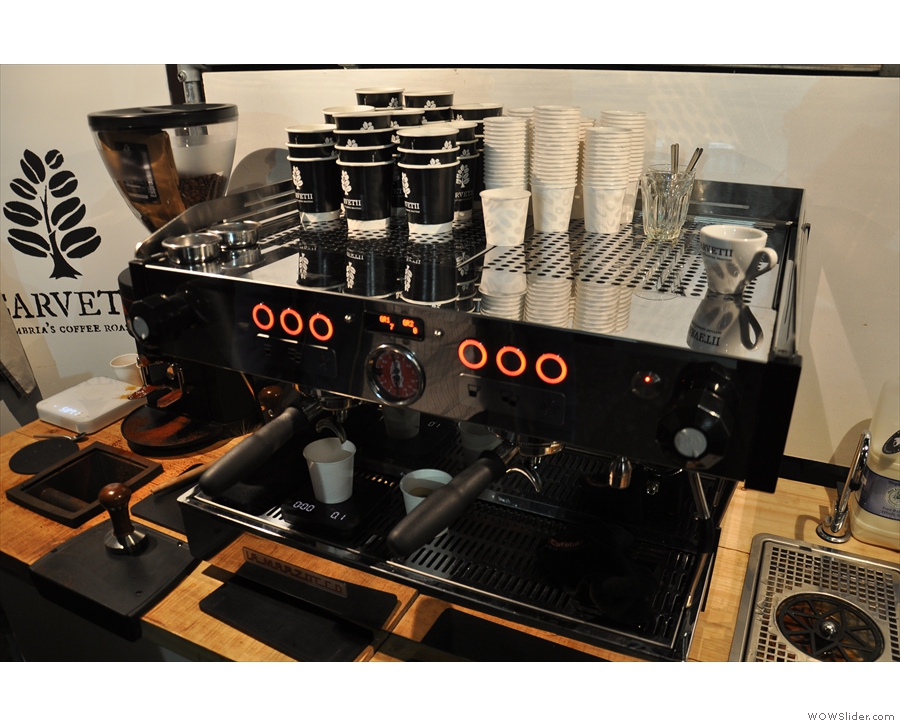
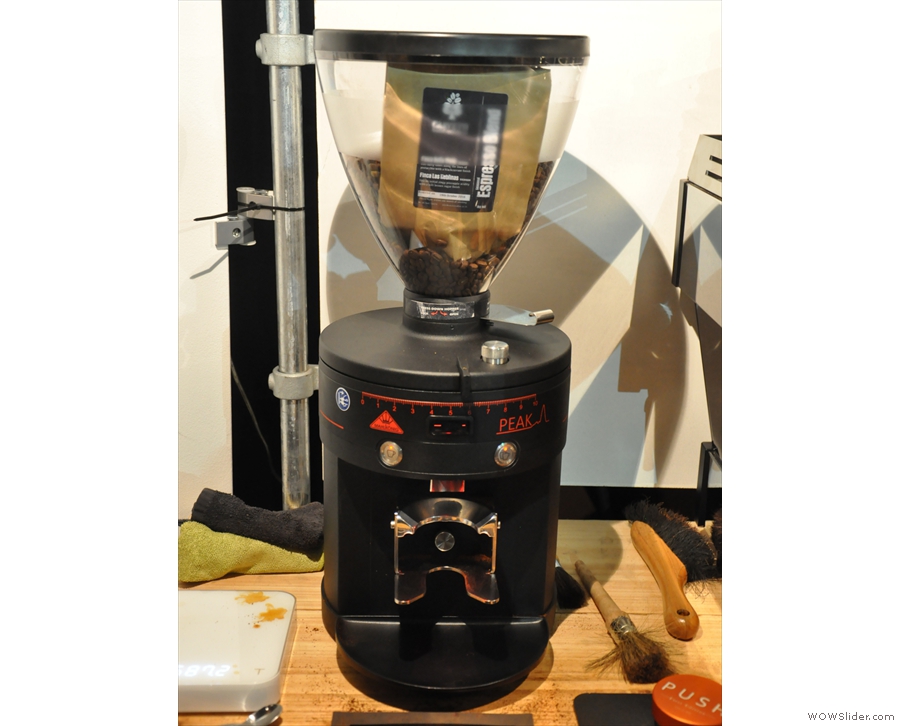
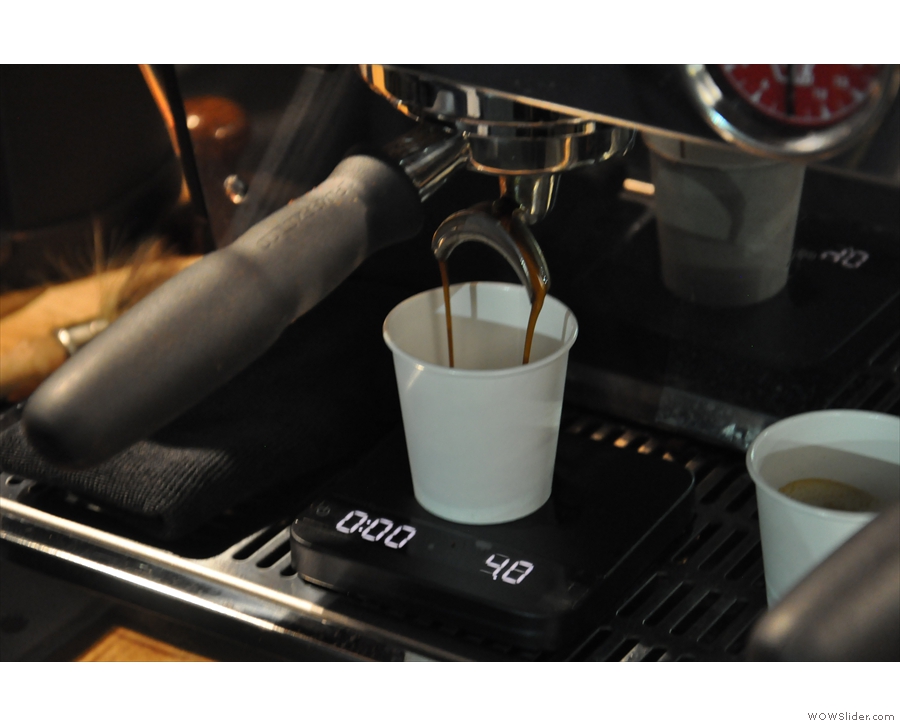
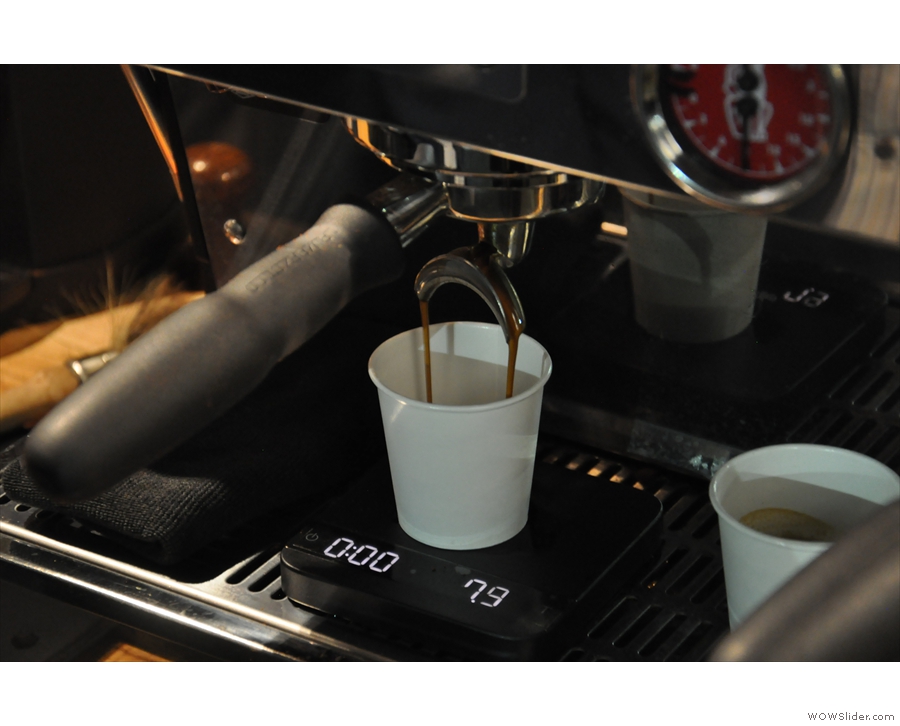
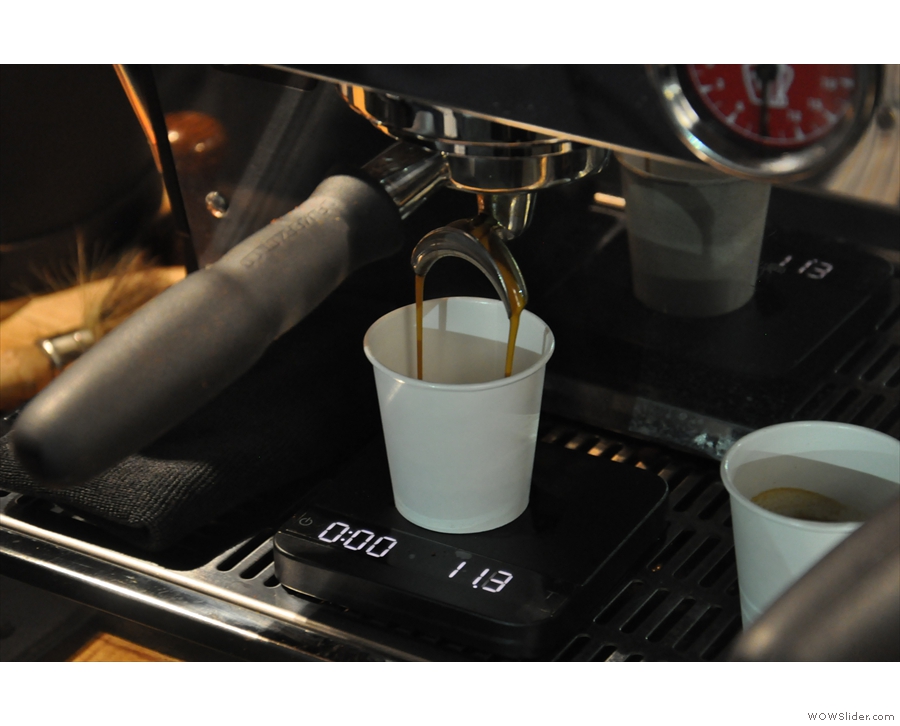
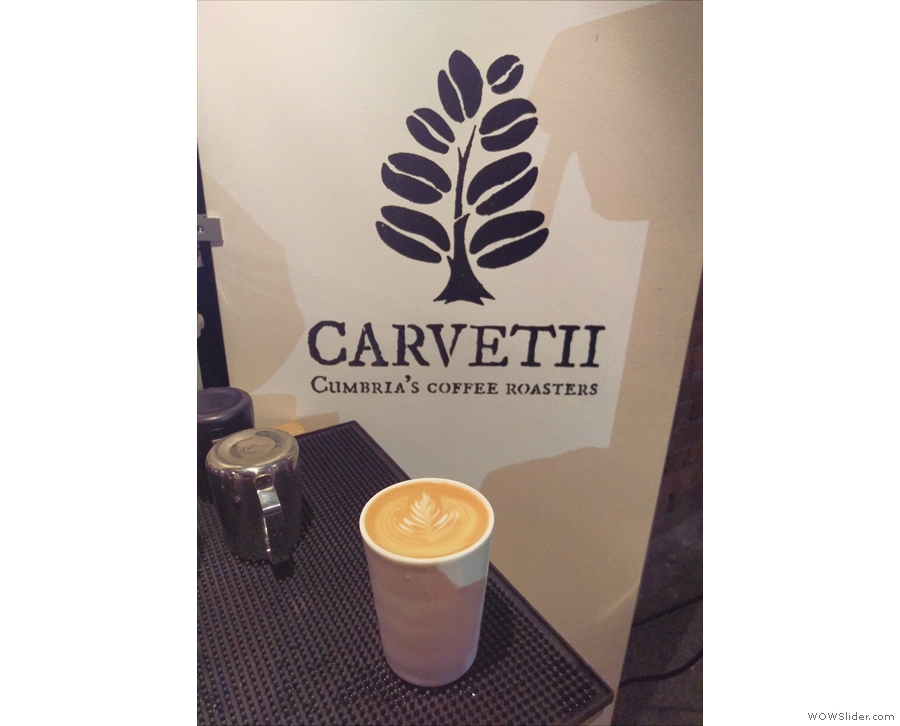
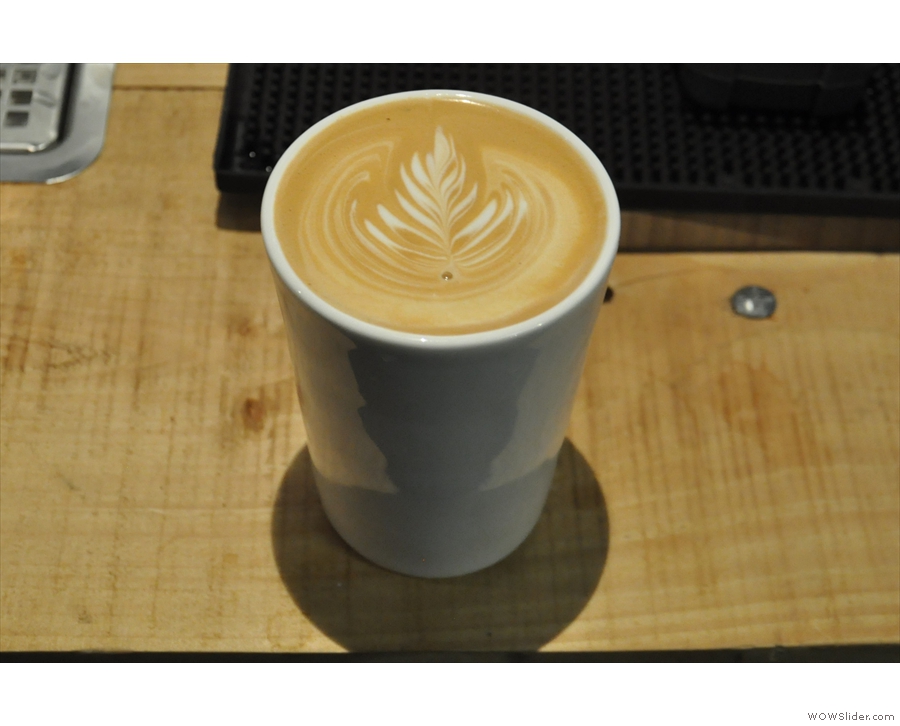
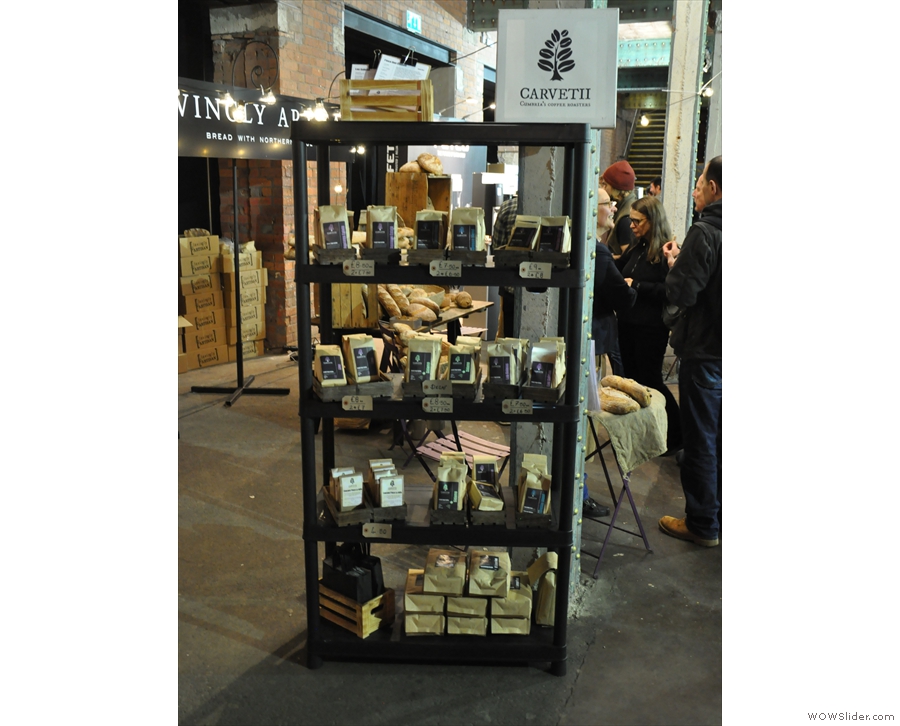
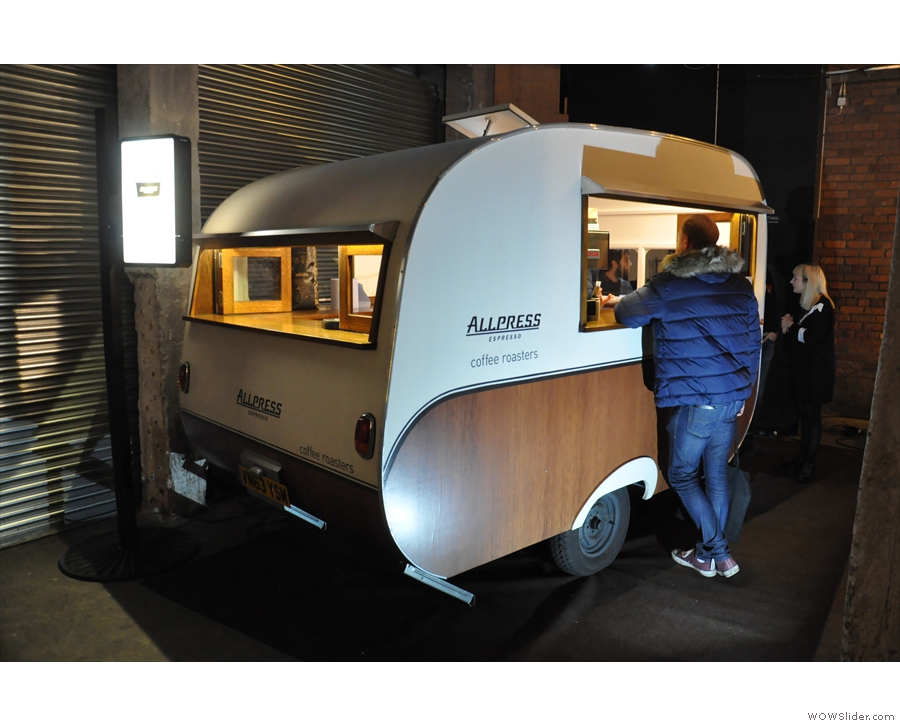

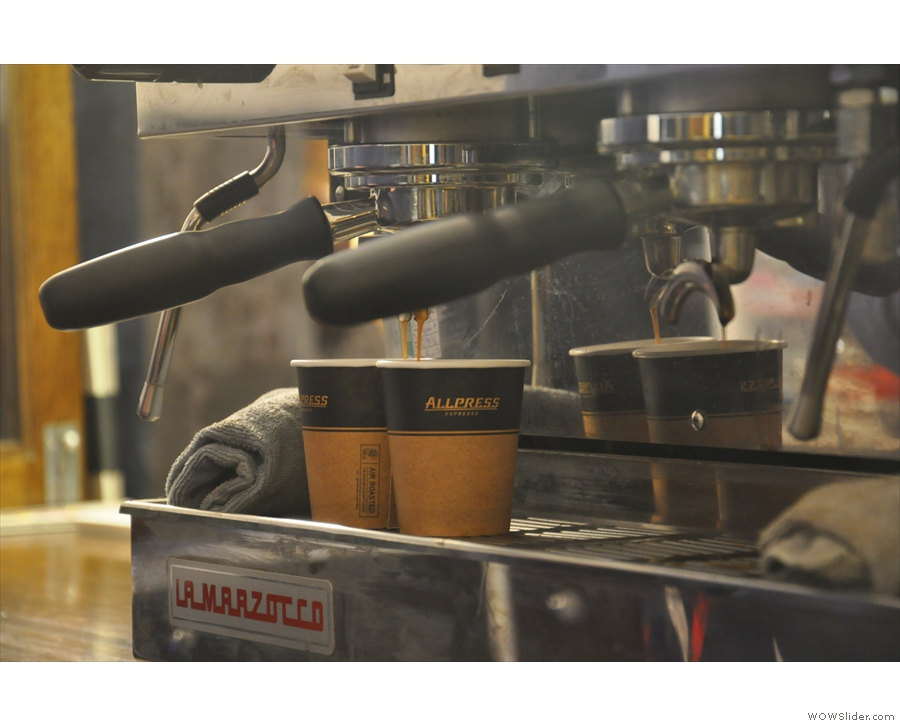
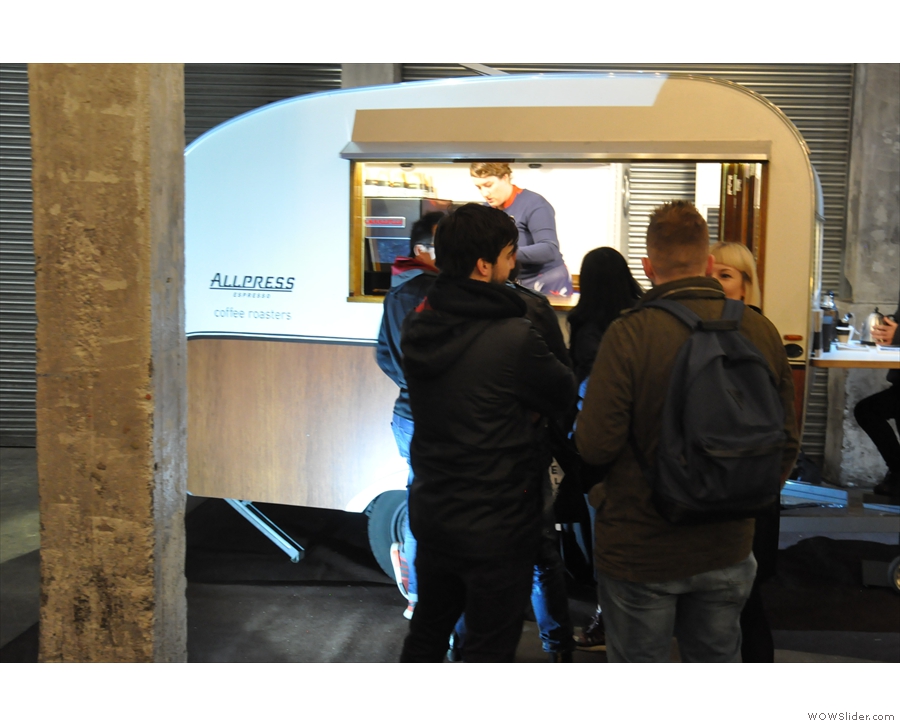
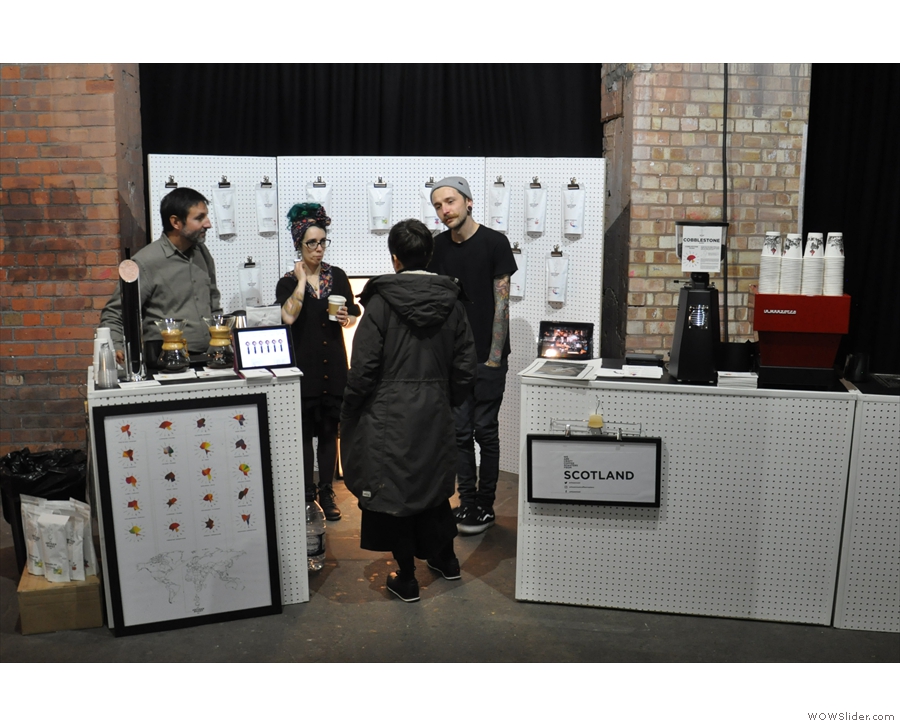
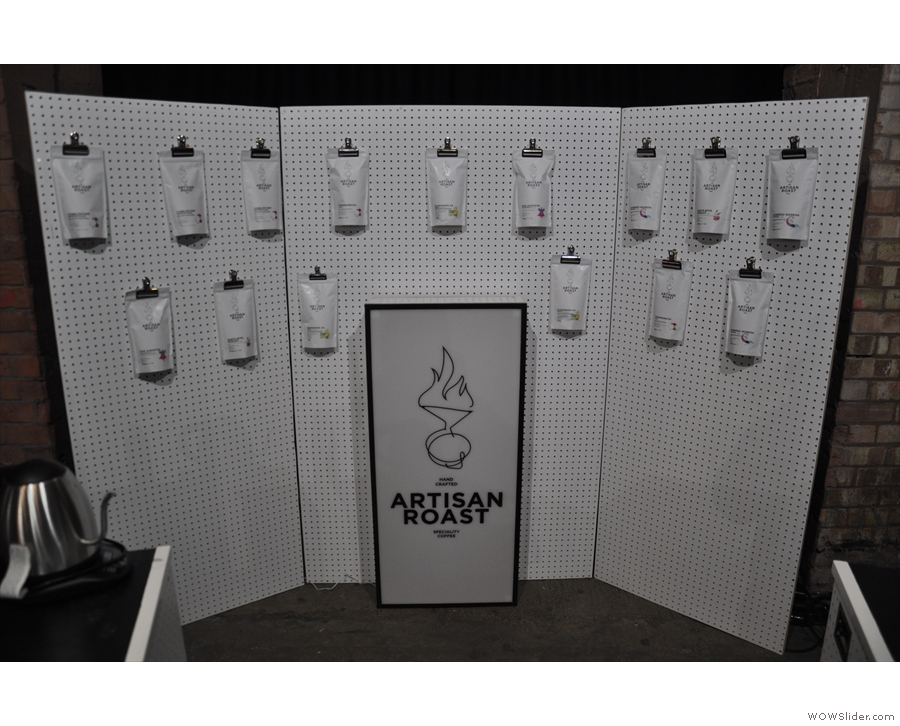
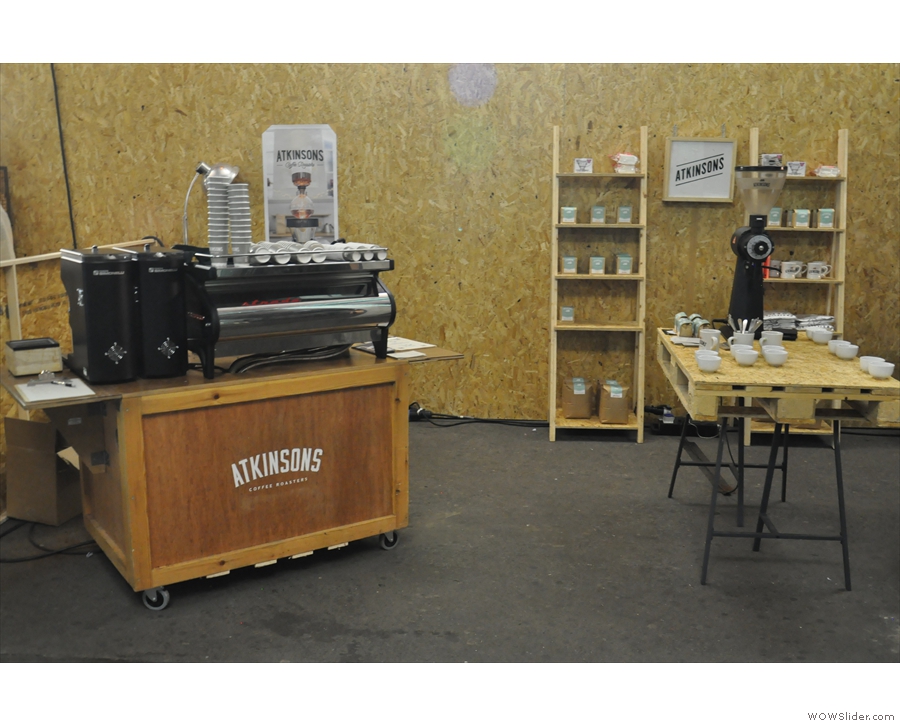
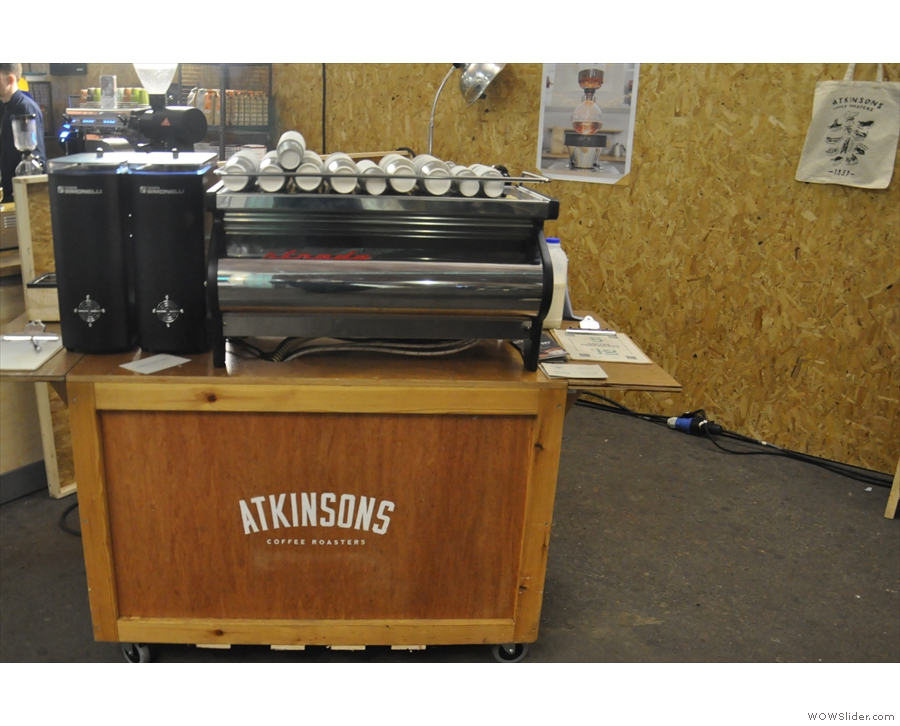
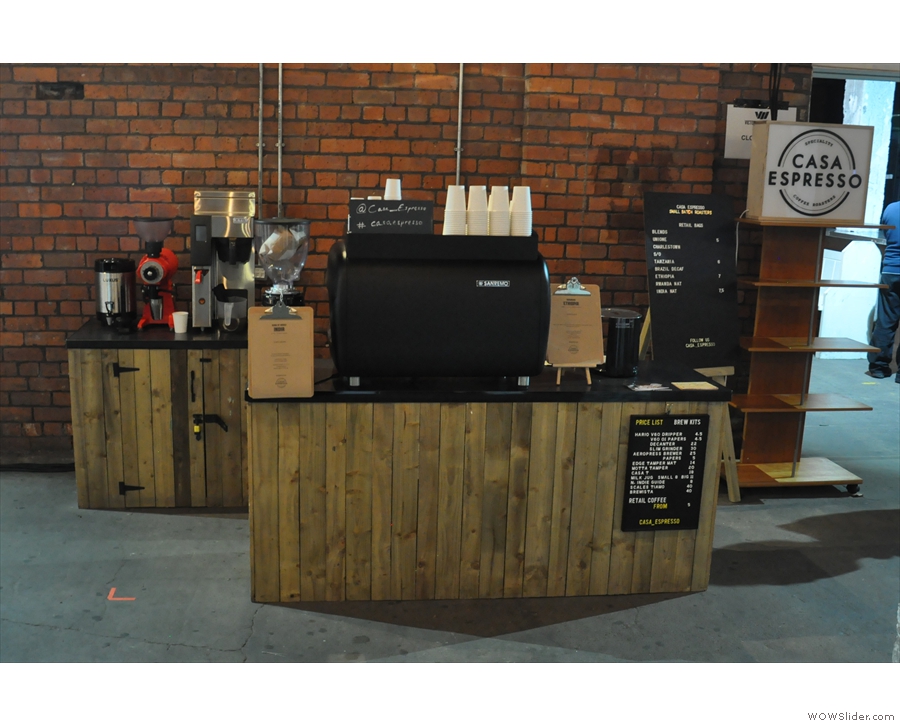
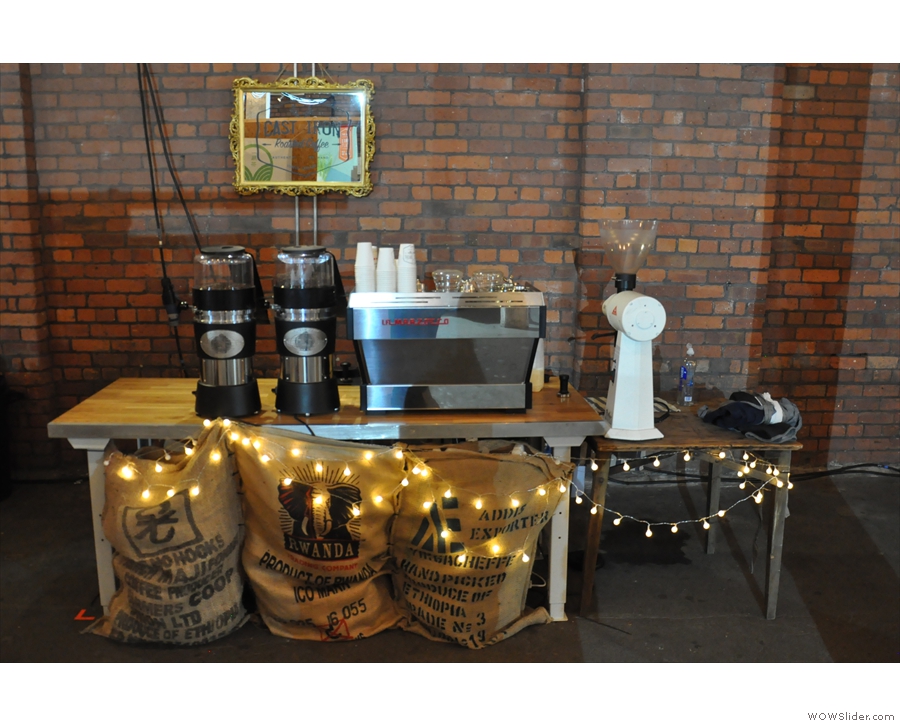
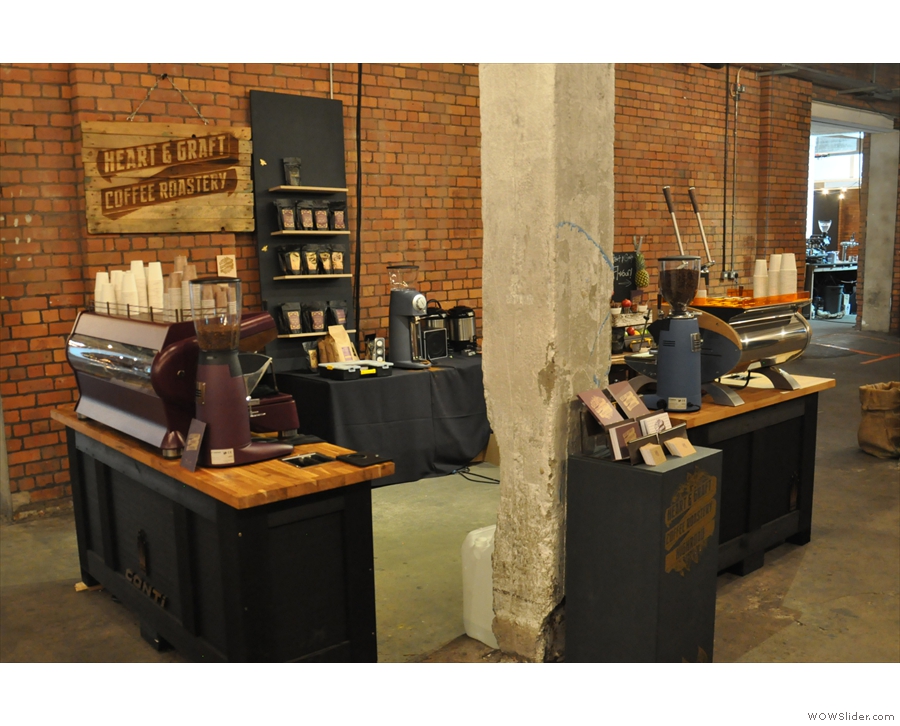
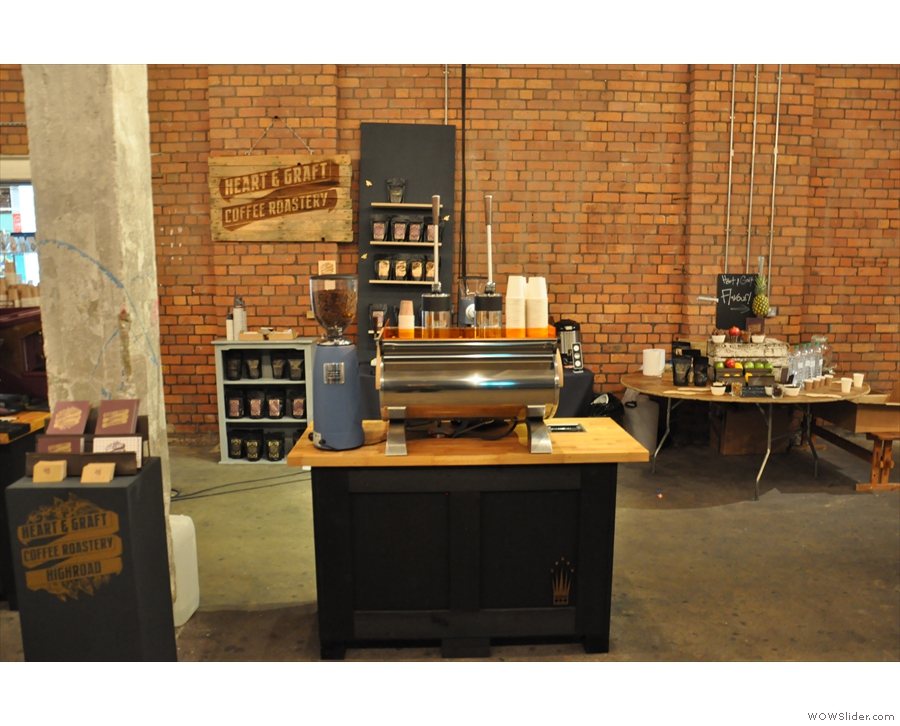
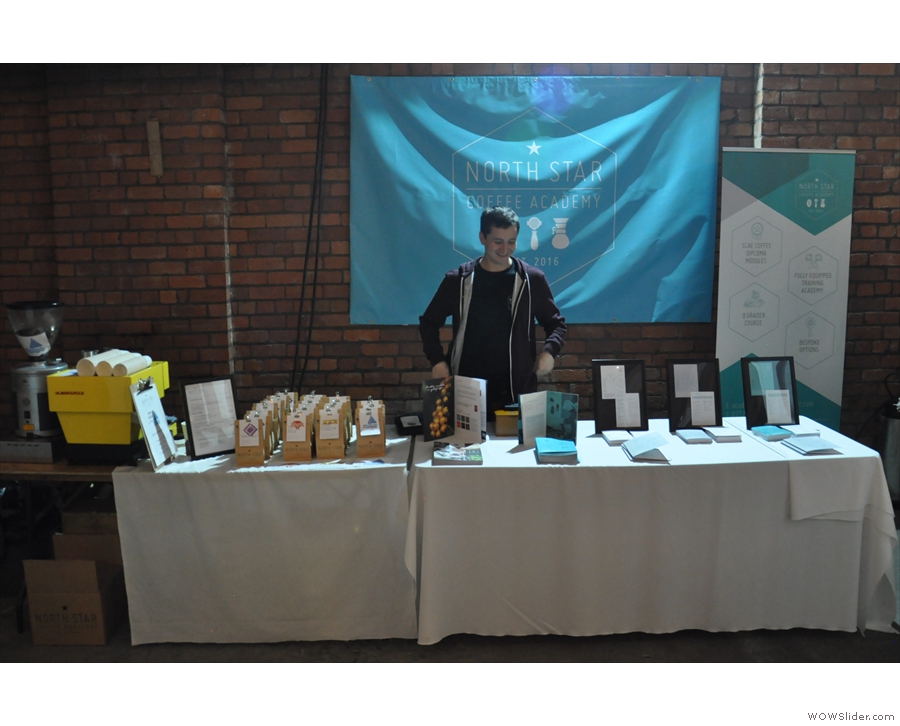
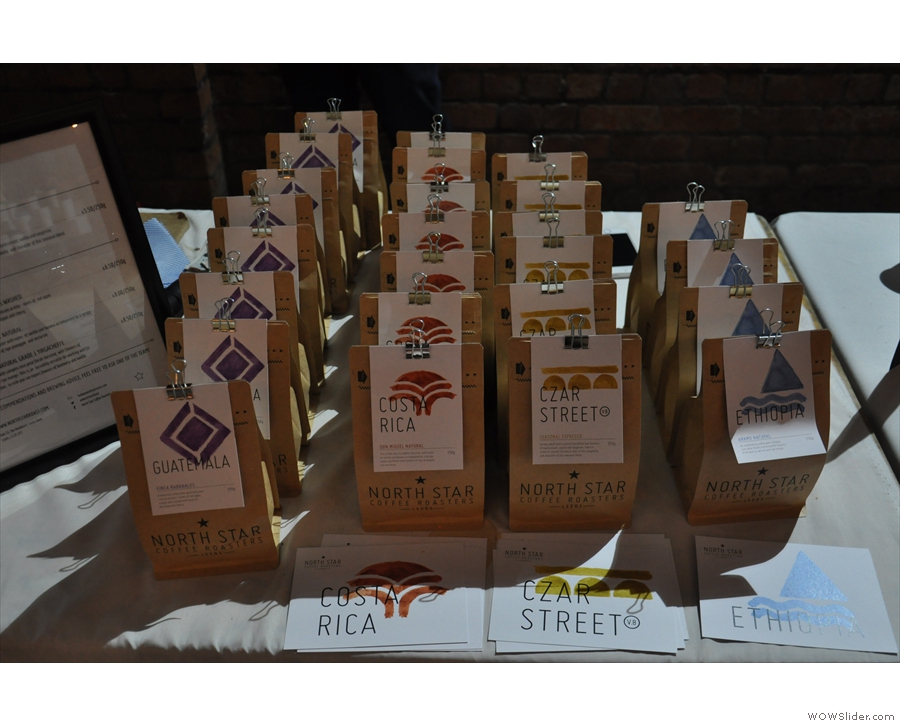
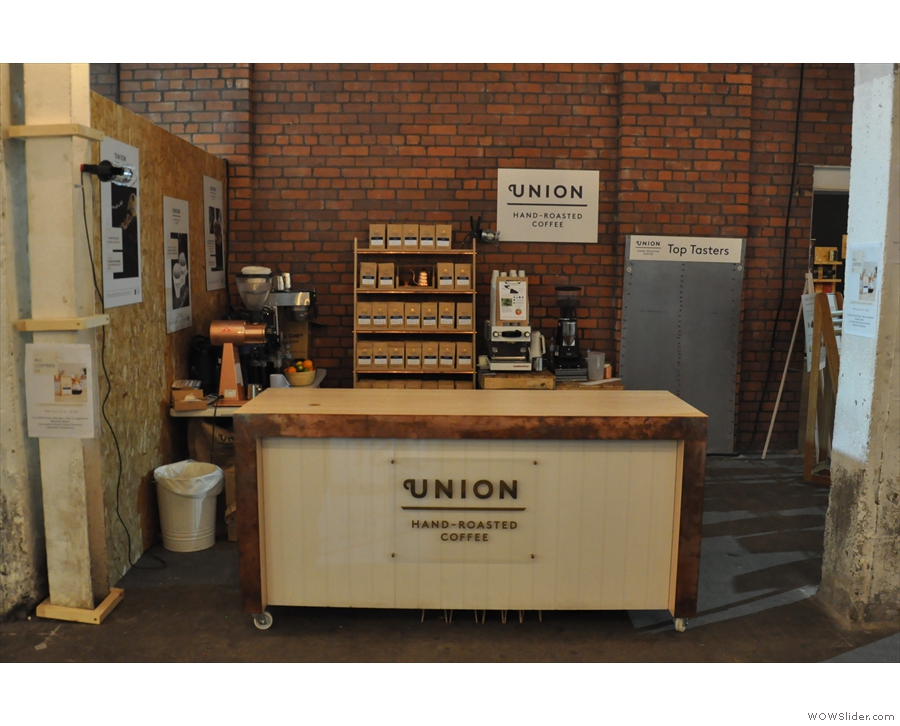
 1
1 2
2 3
3 4
4 5
5 6
6 7
7 8
8 9
9 10
10 11
11 12
12 13
13 14
14 15
15 16
16 17
17 18
18 19
19 20
20 21
21 22
22 23
23 24
24 25
25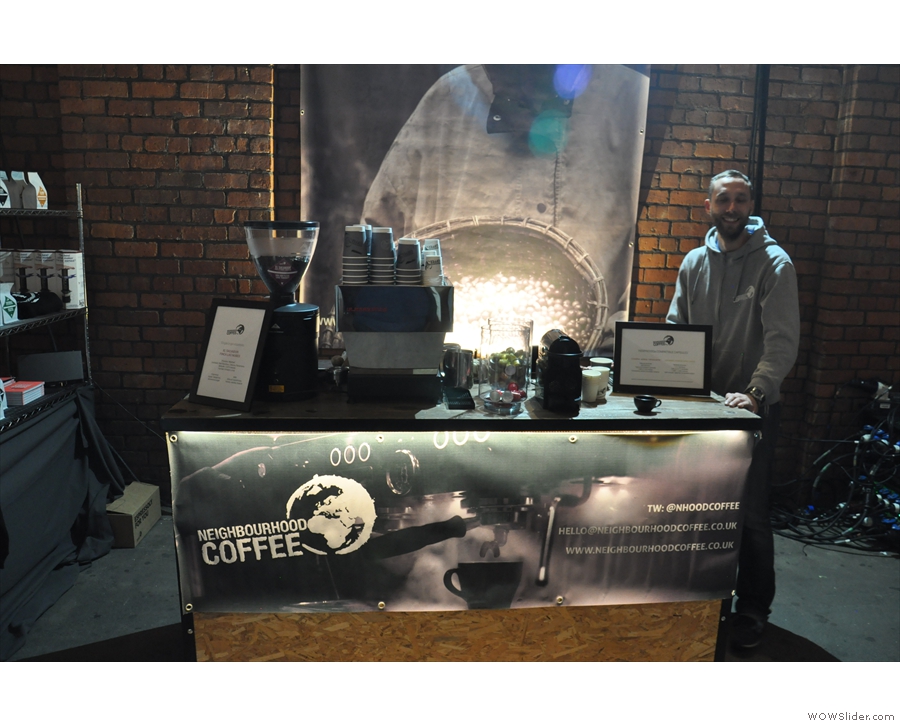
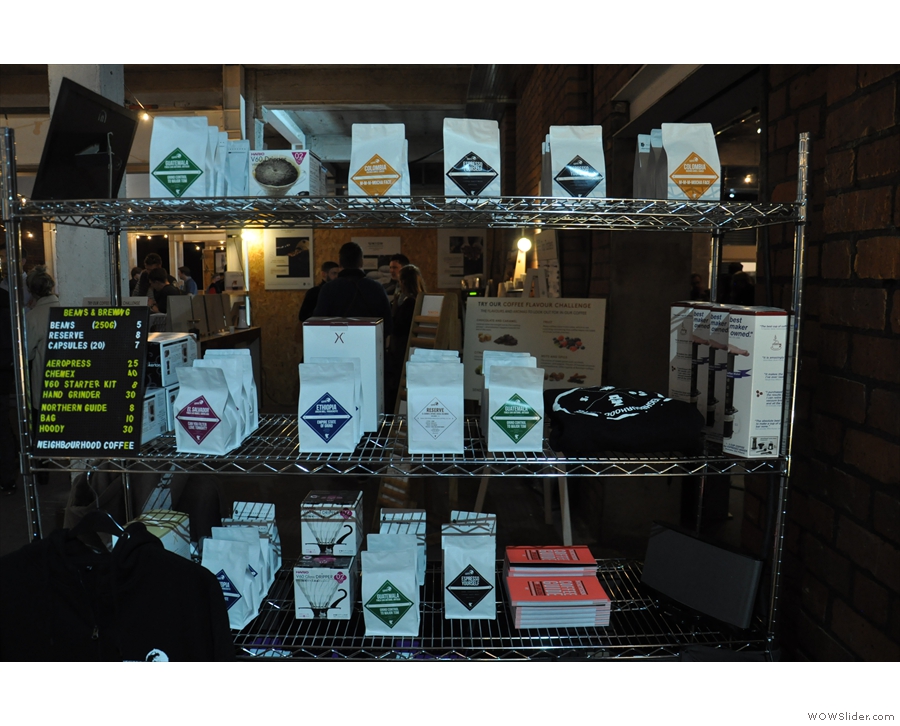
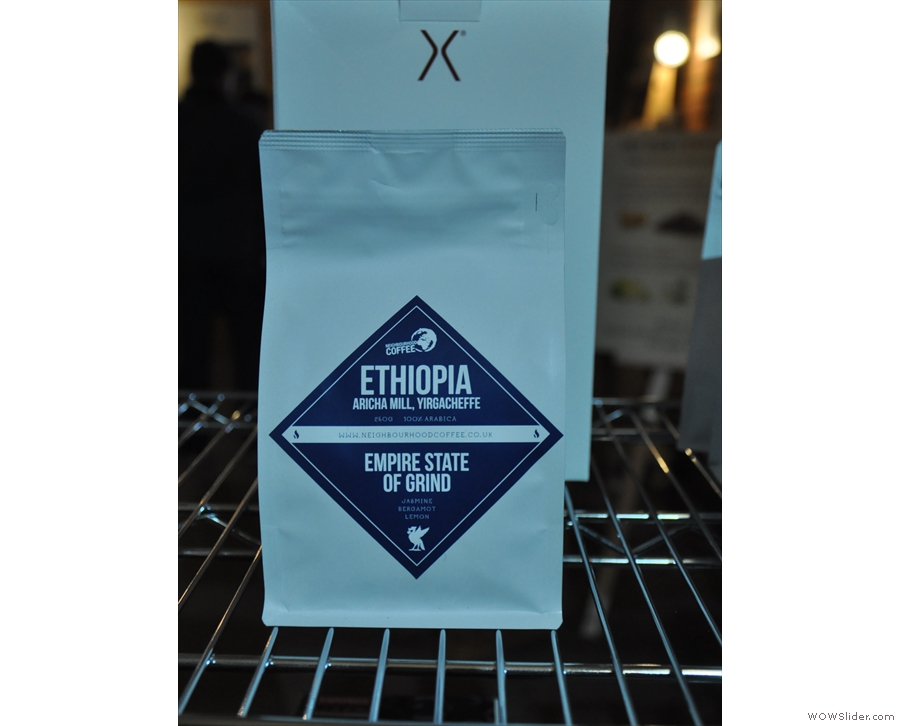
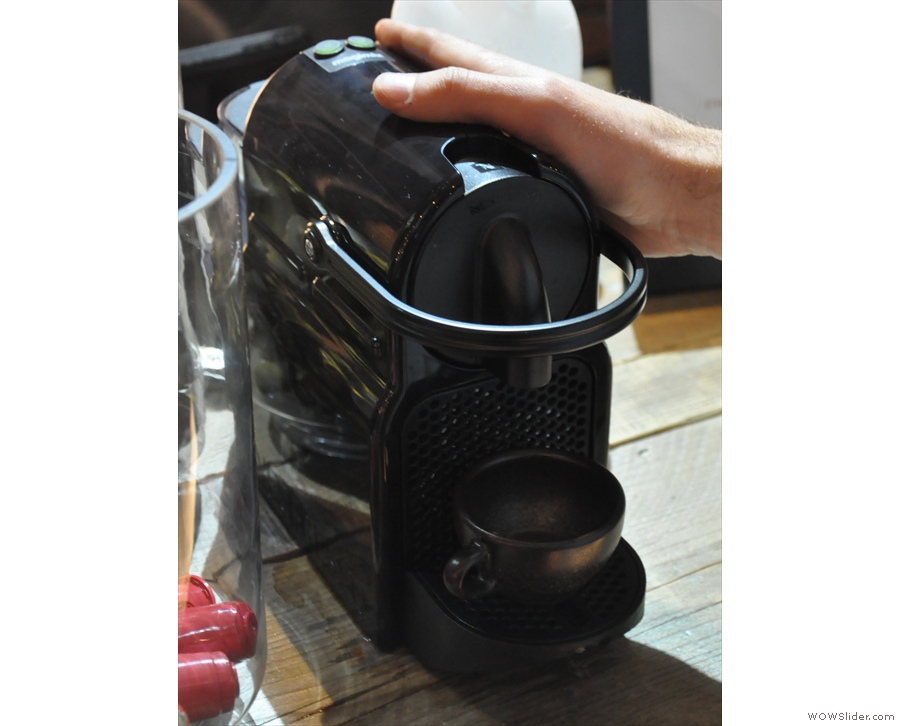
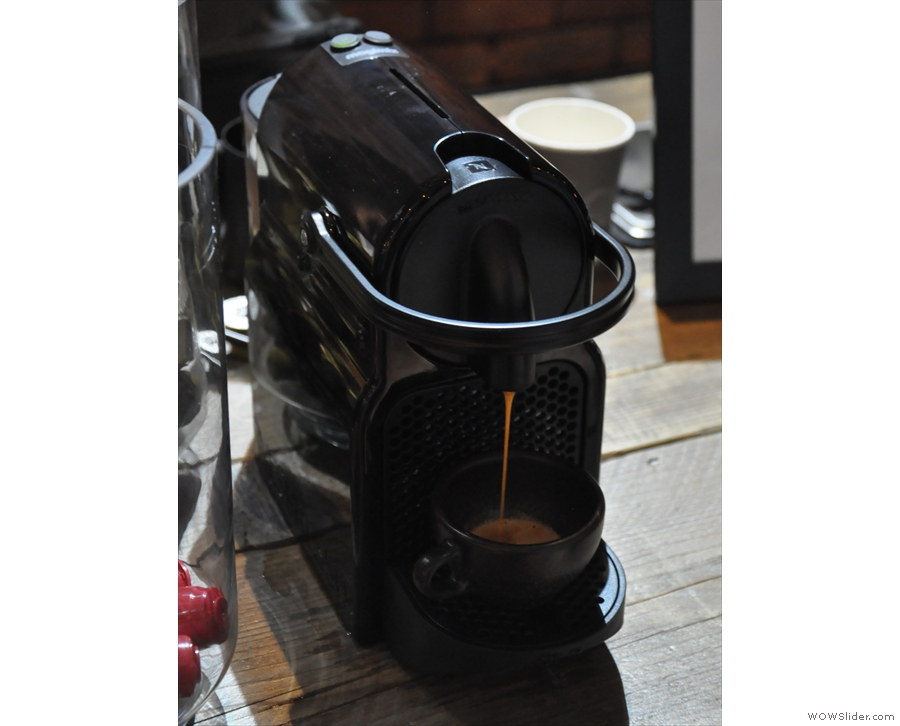
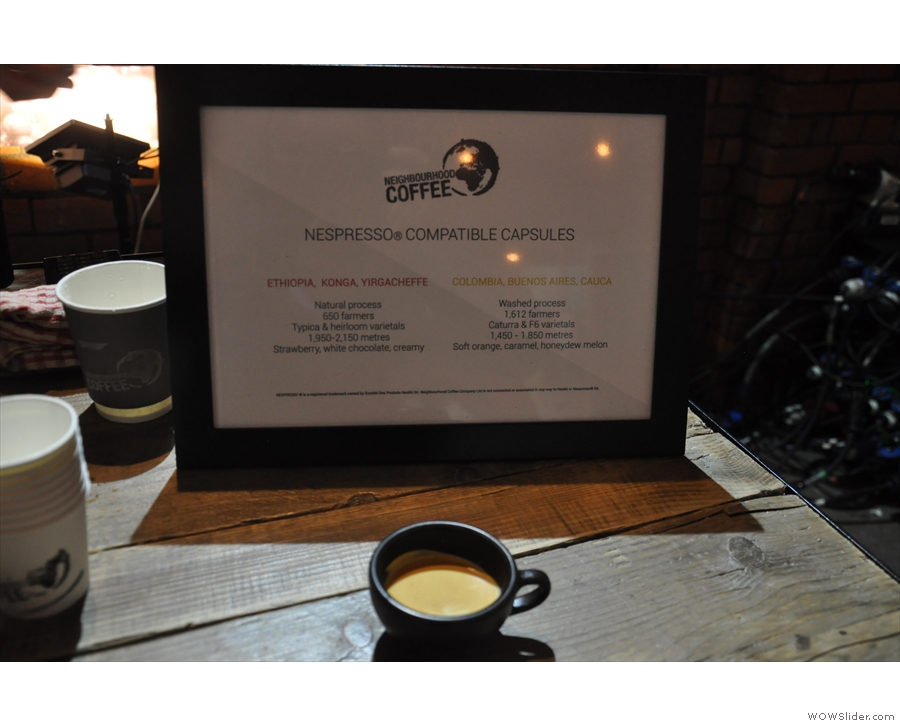
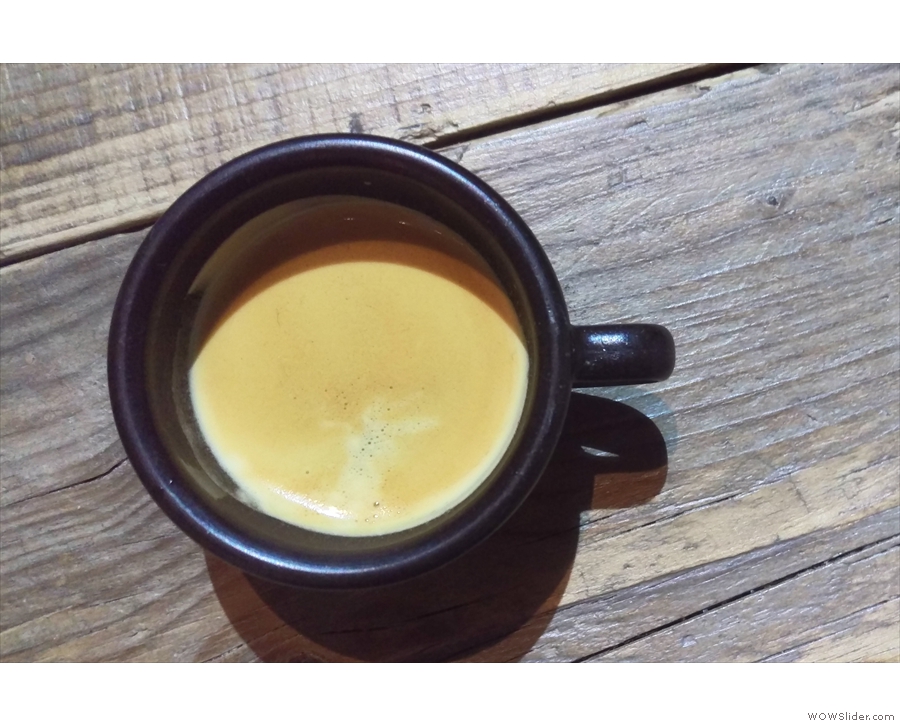
 1
1 2
2 3
3 4
4 5
5 6
6 7
7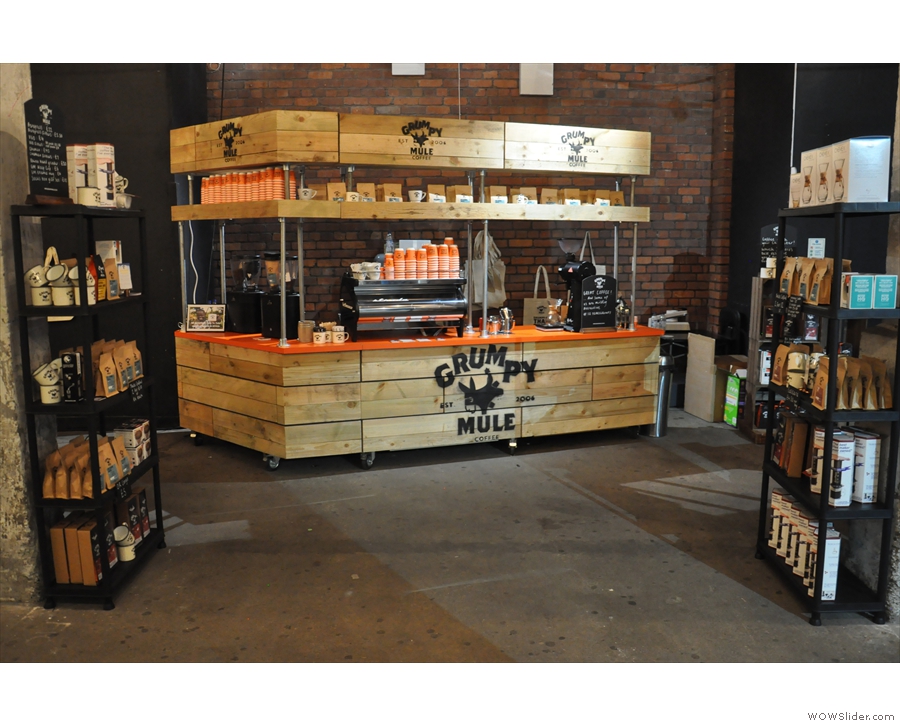
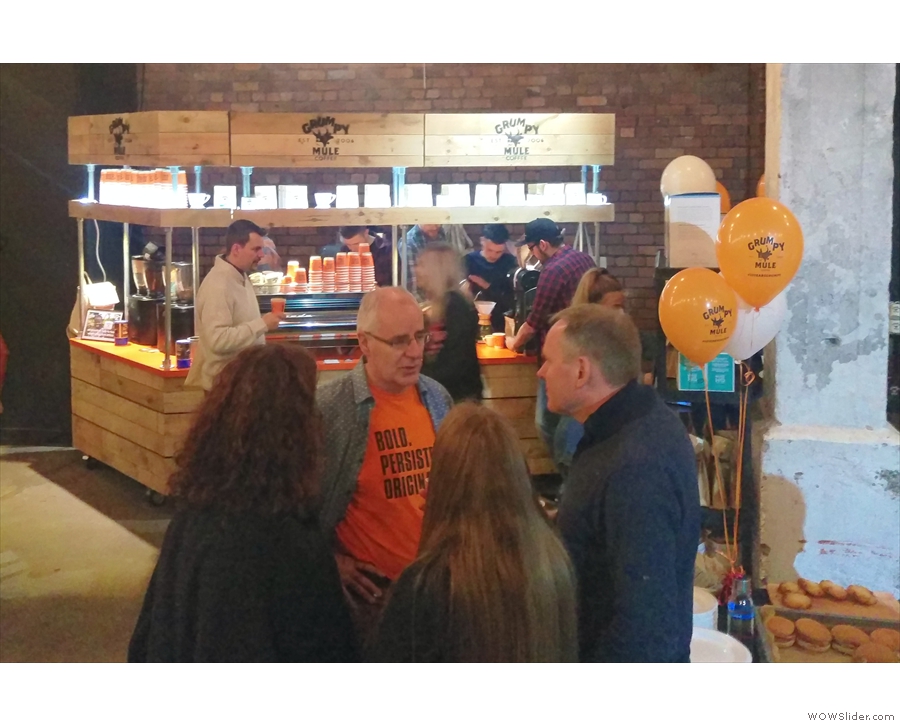
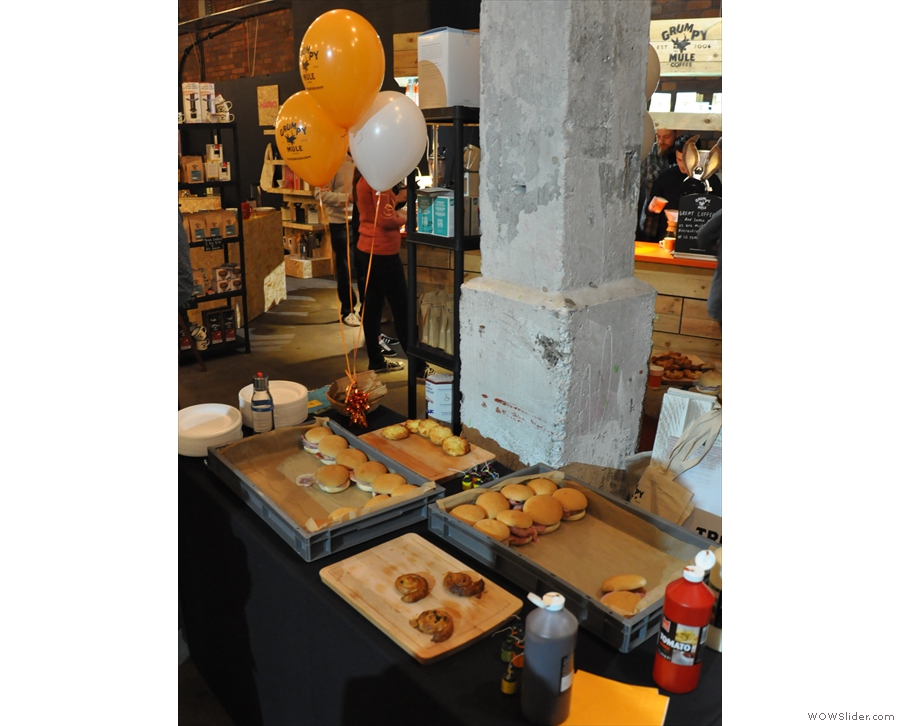
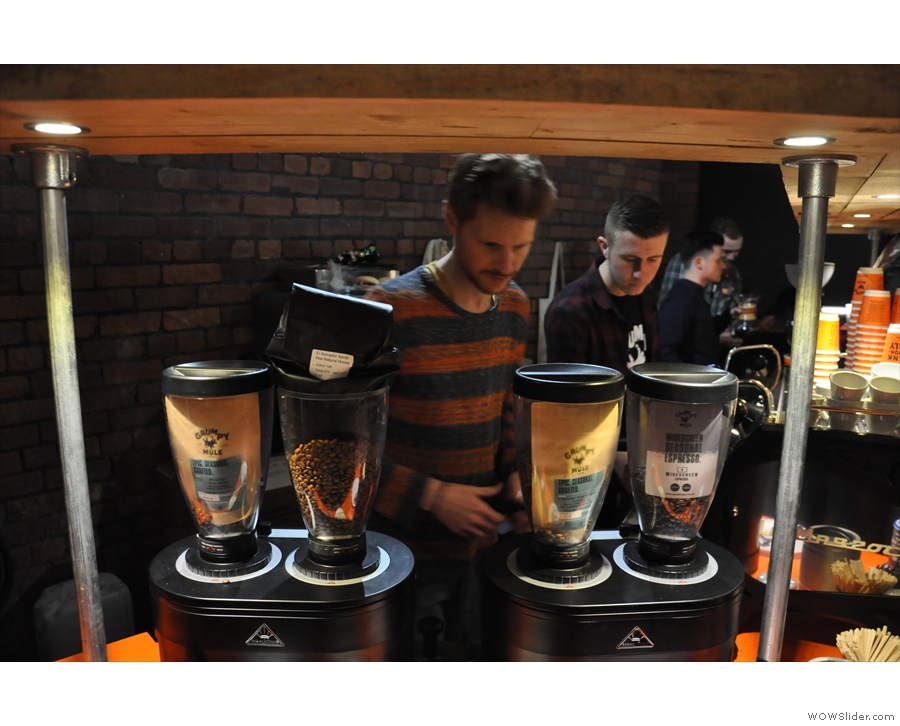
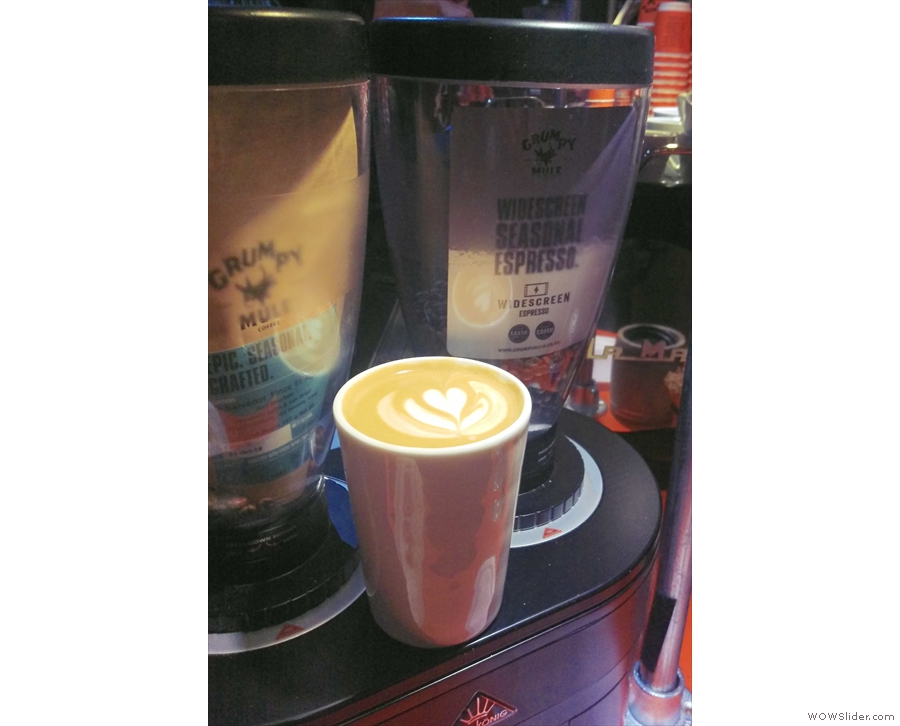
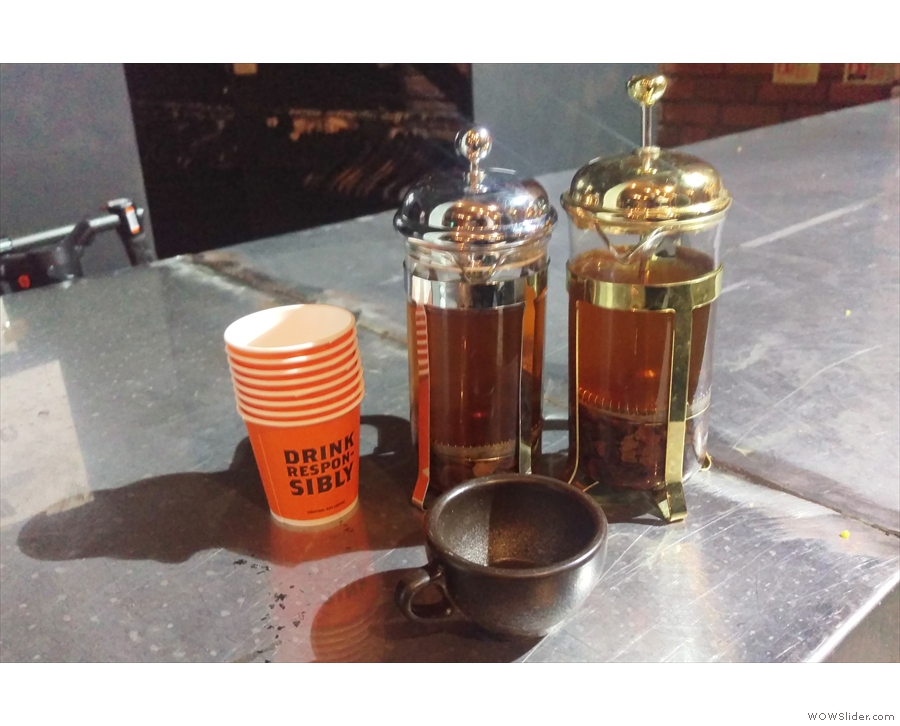
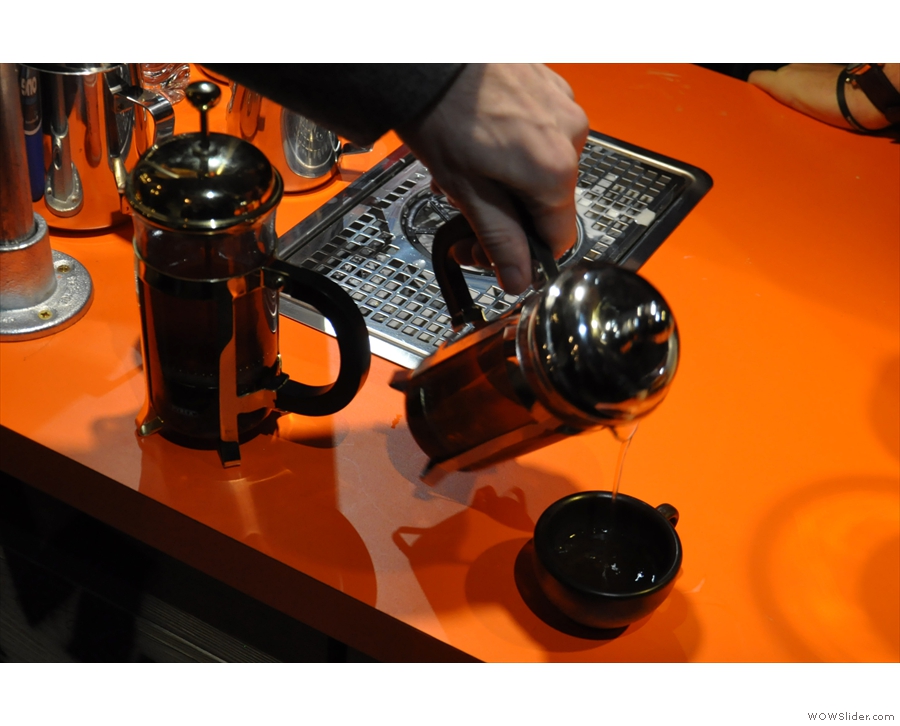
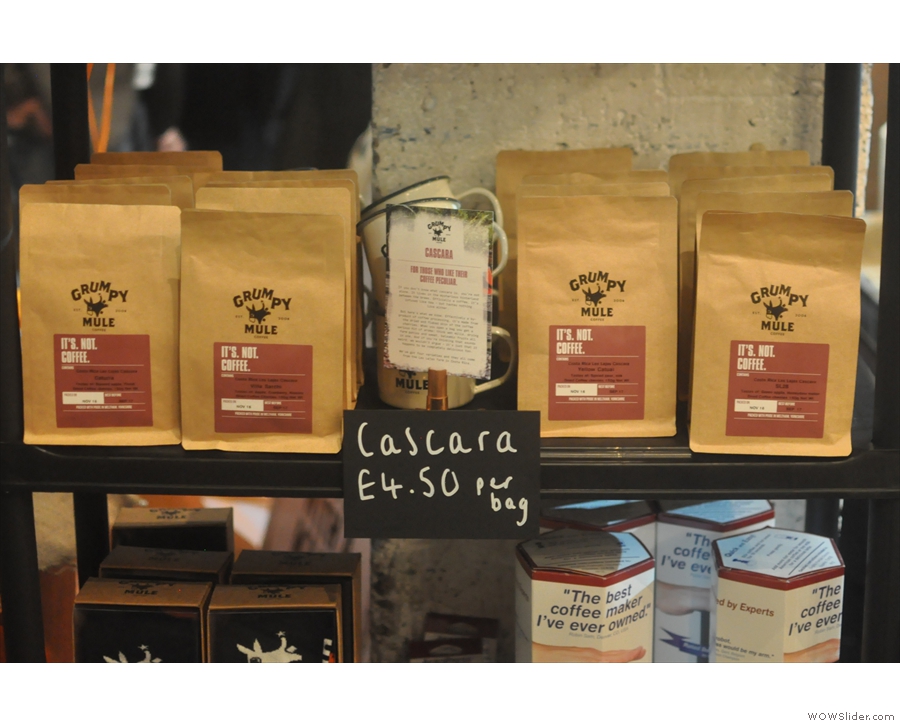
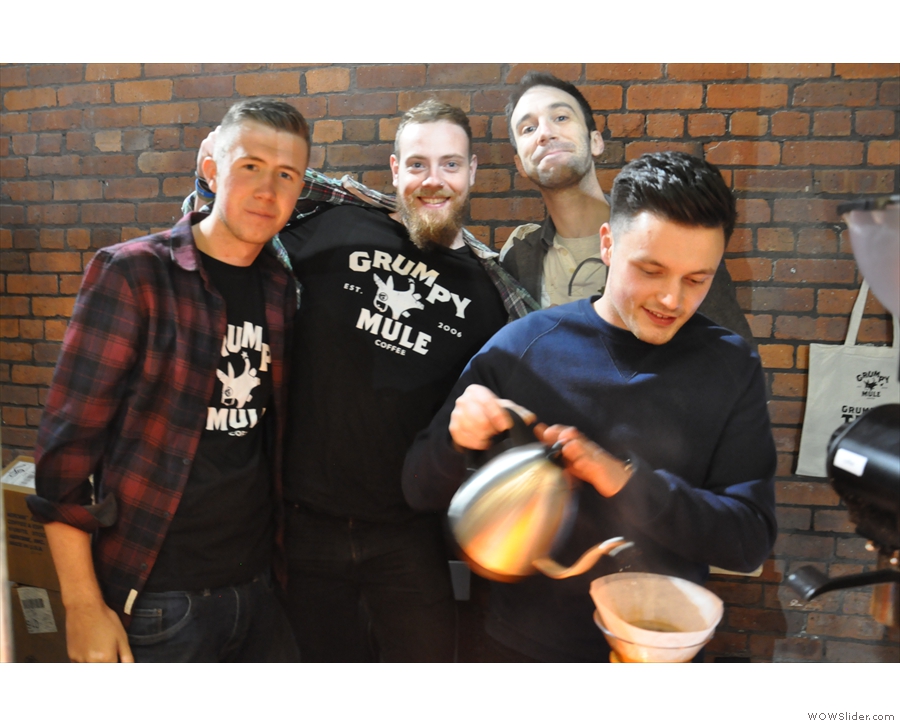
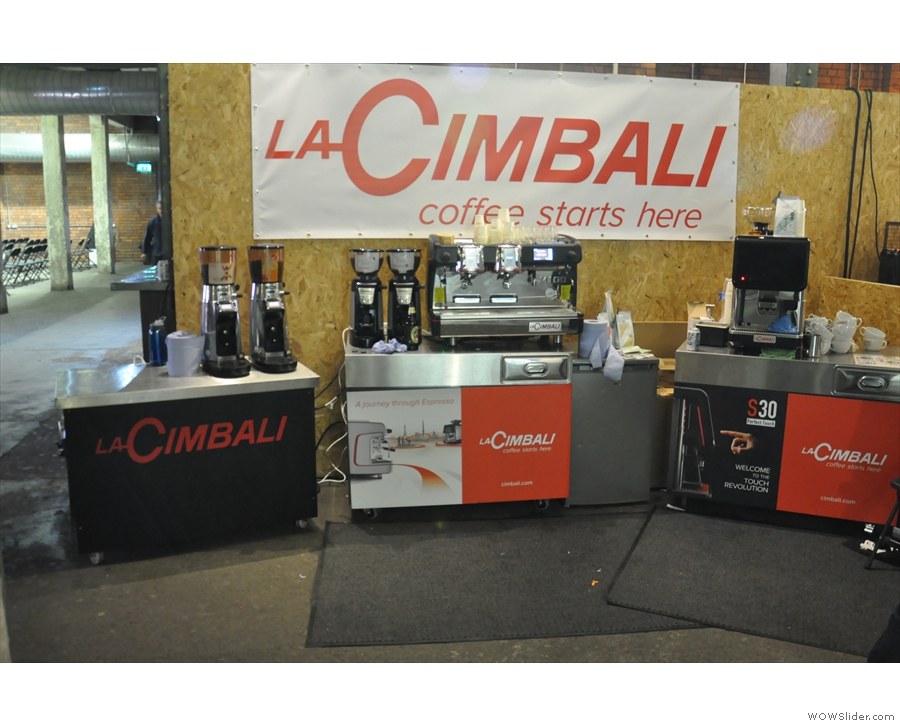
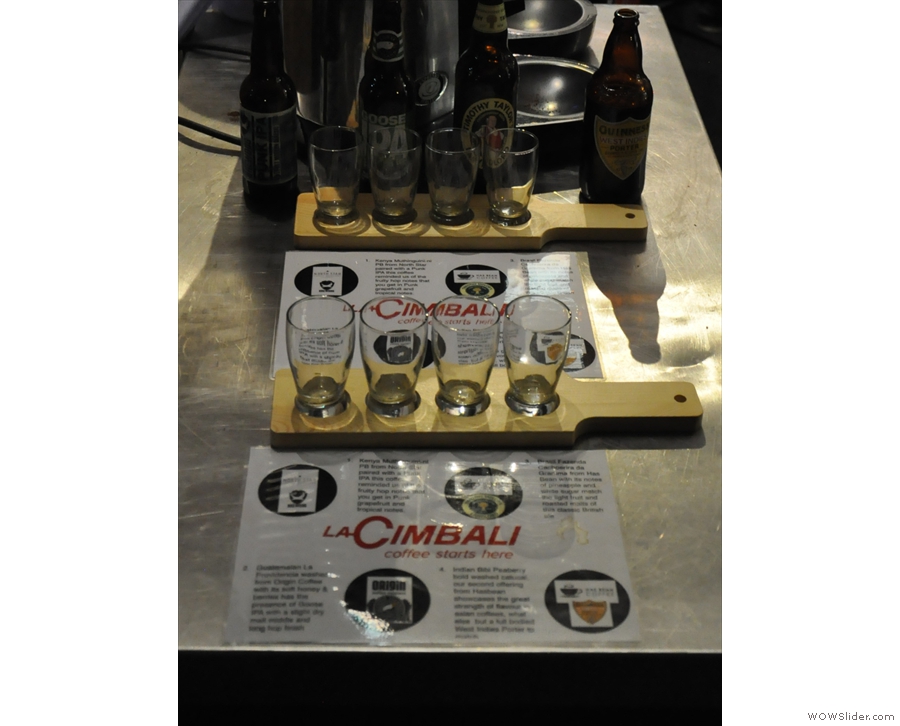
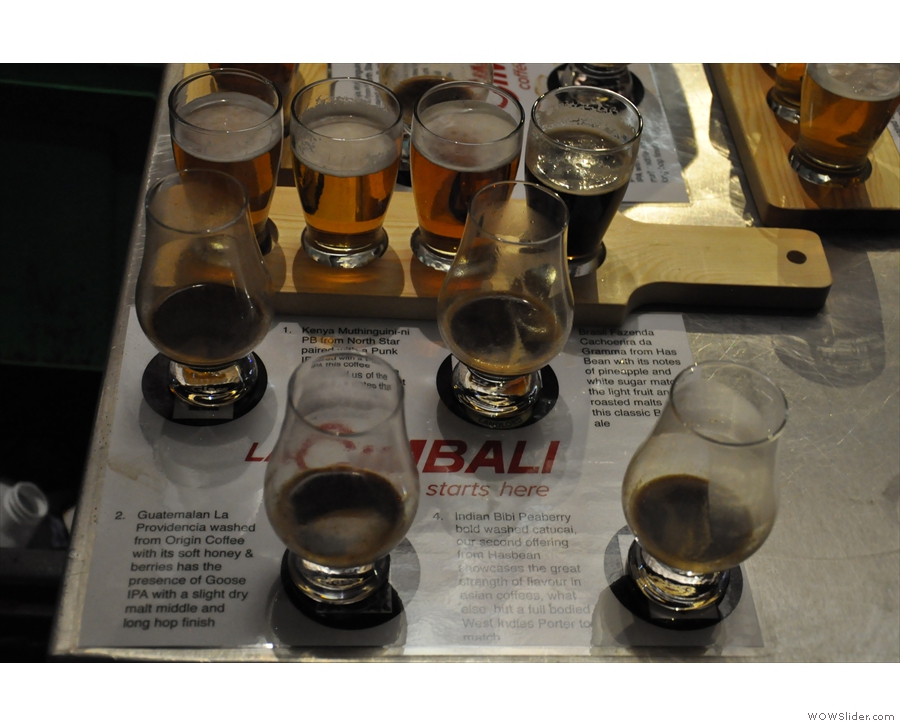
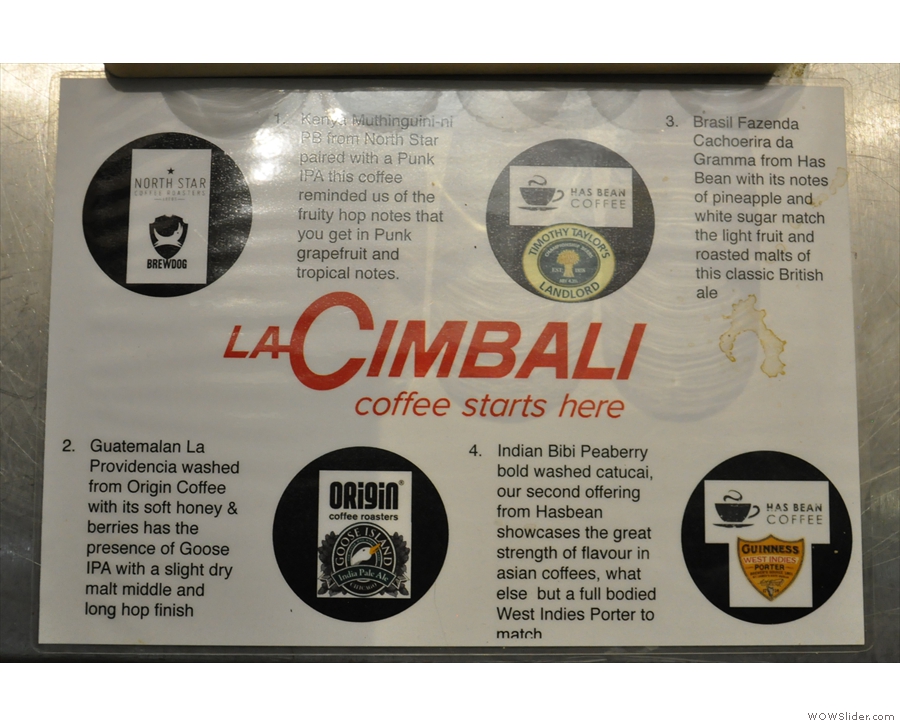
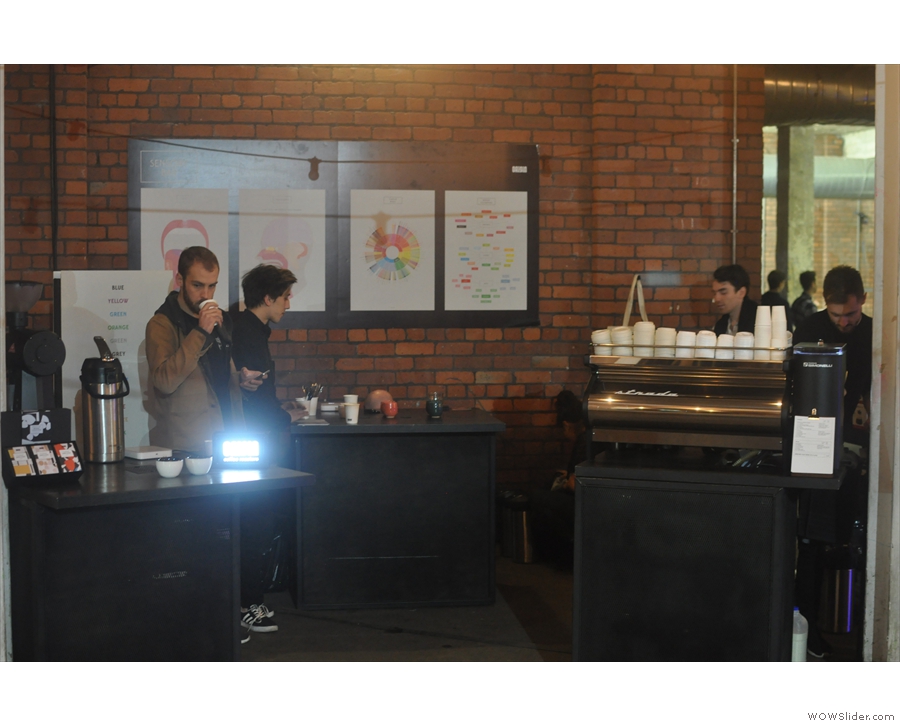
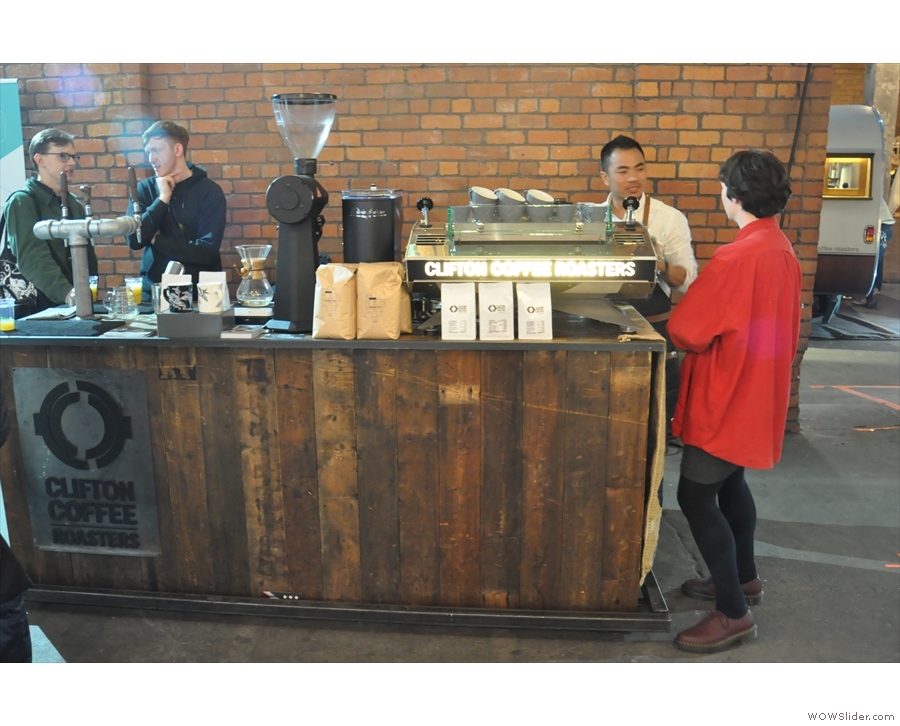
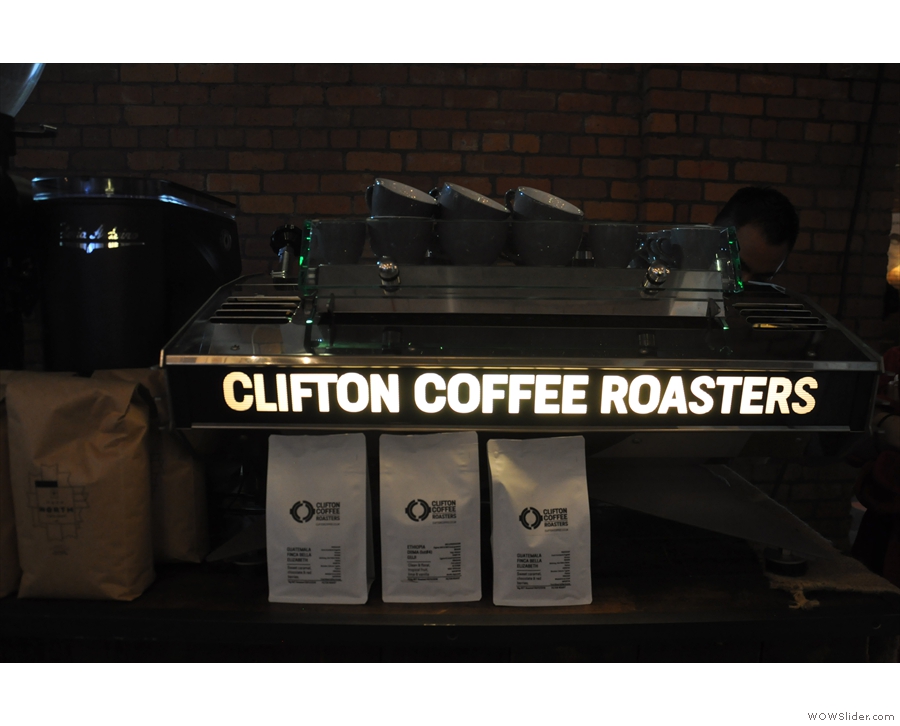
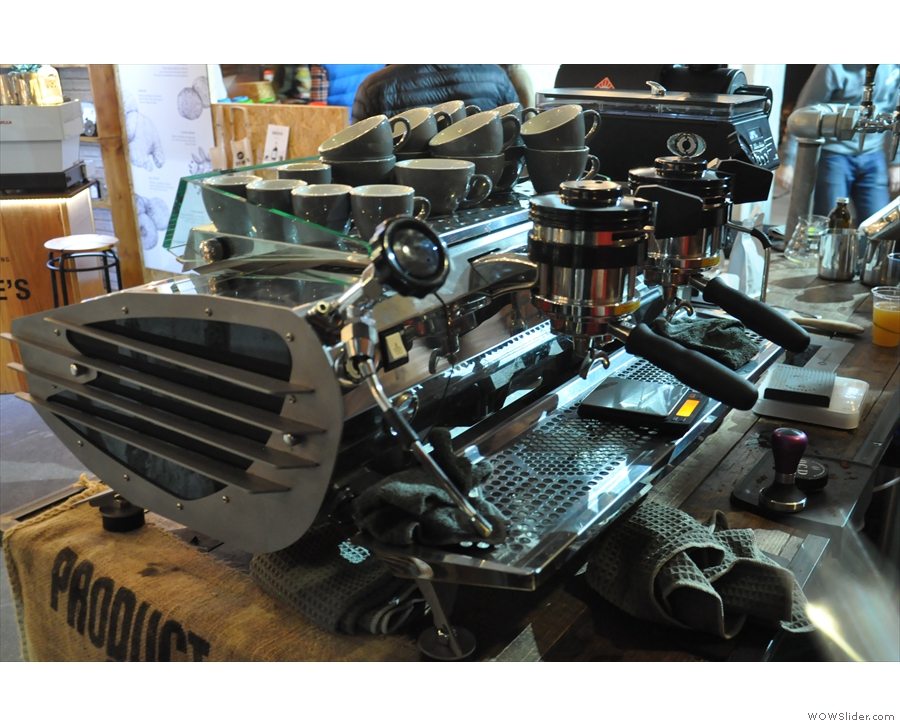
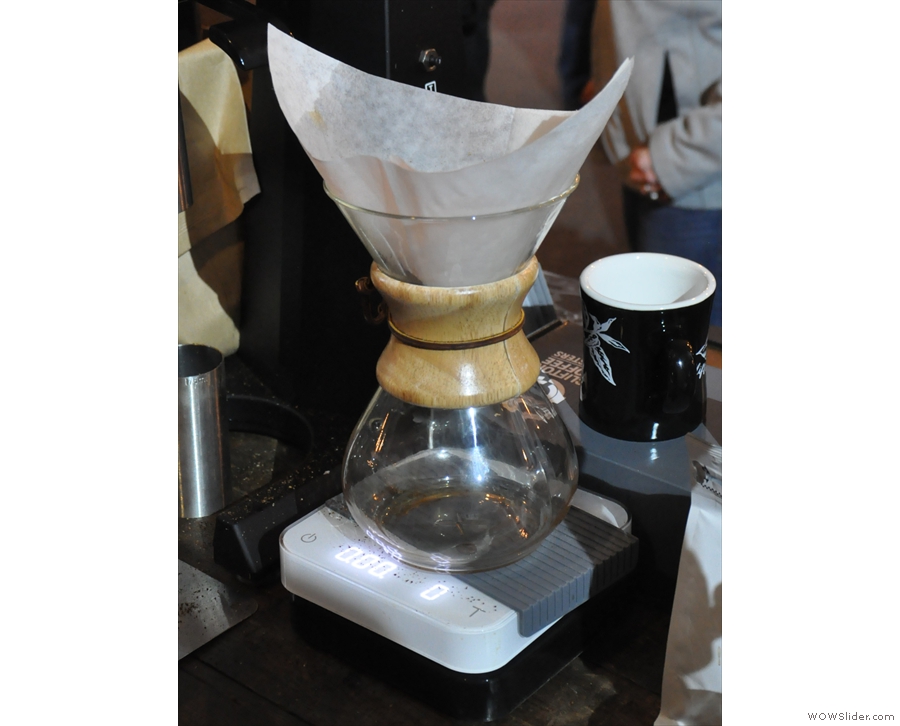
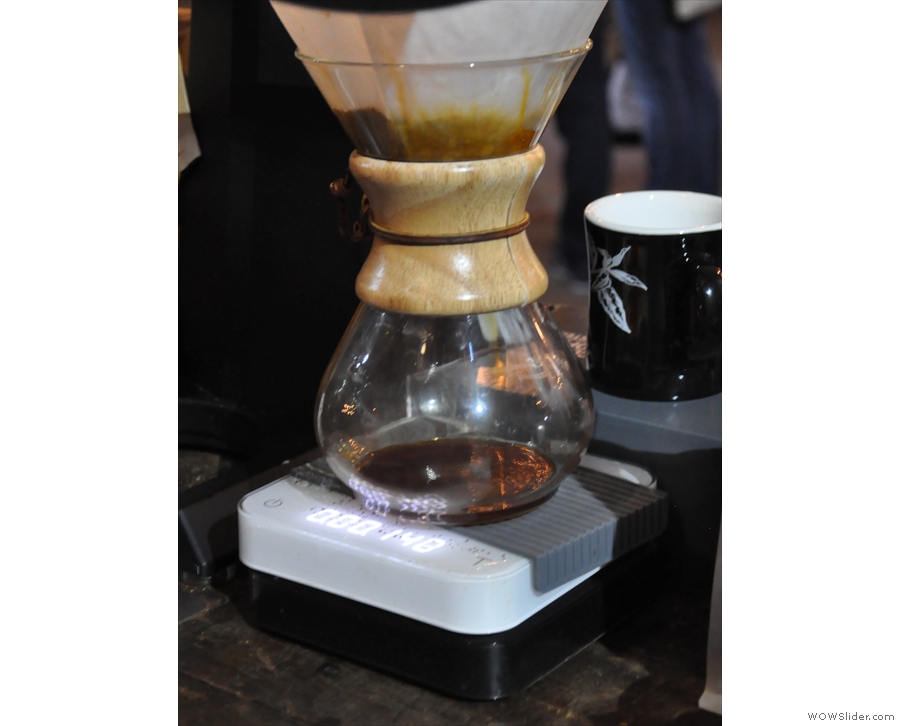
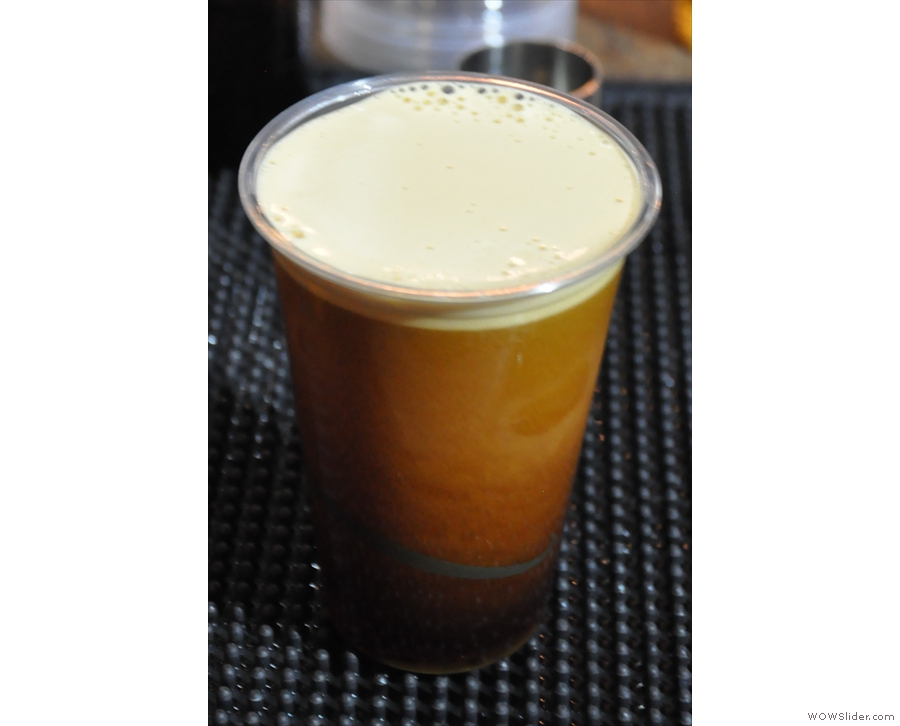
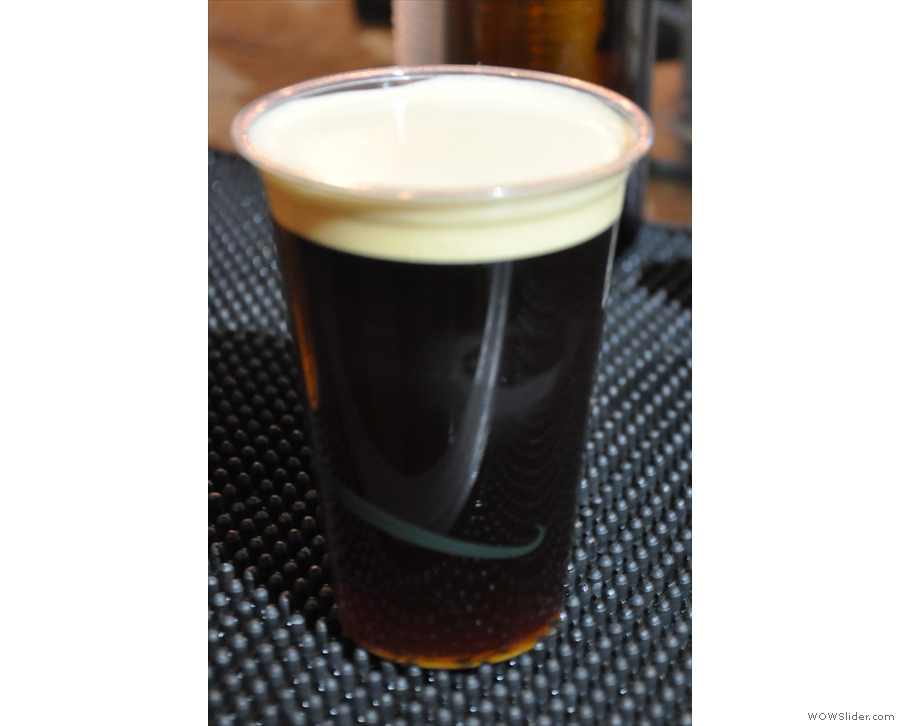
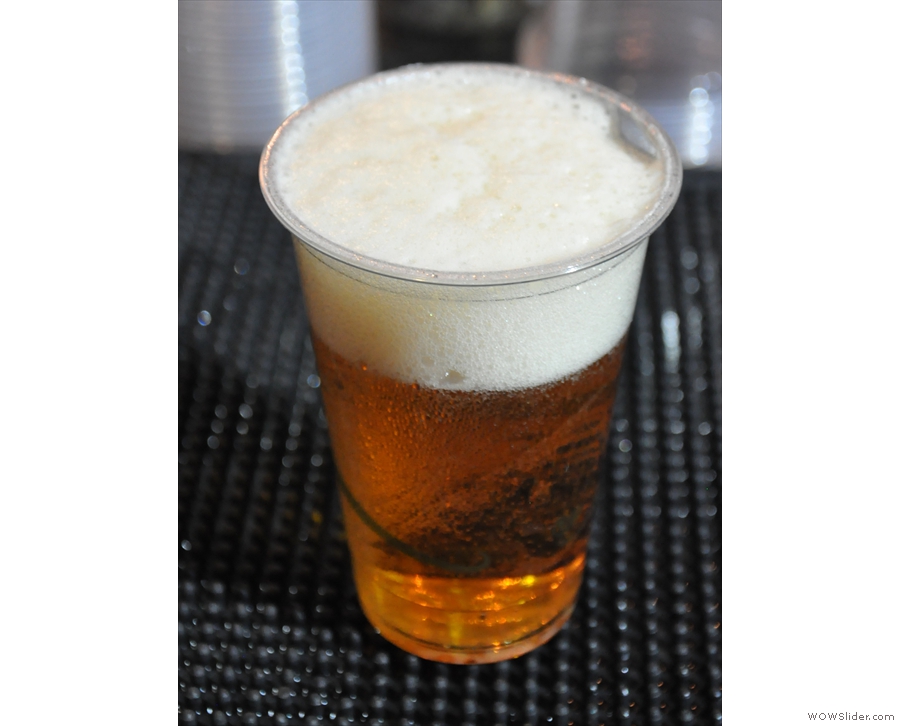
 1
1 2
2 3
3 4
4 5
5 6
6 7
7 8
8 9
9 10
10 11
11 12
12 13
13 14
14 15
15 16
16 17
17 18
18 19
19 20
20 21
21 22
22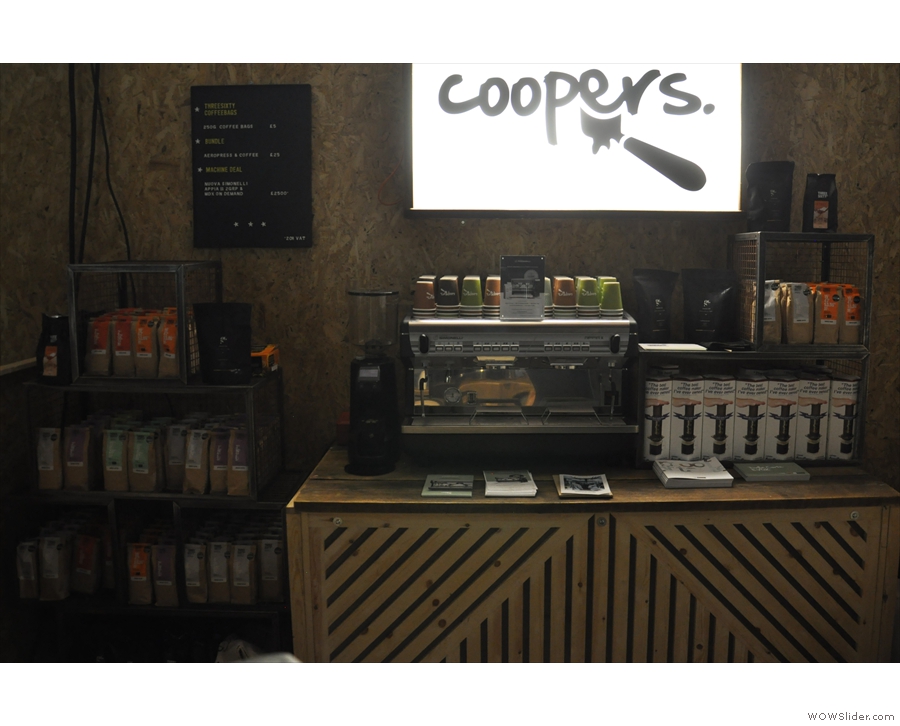
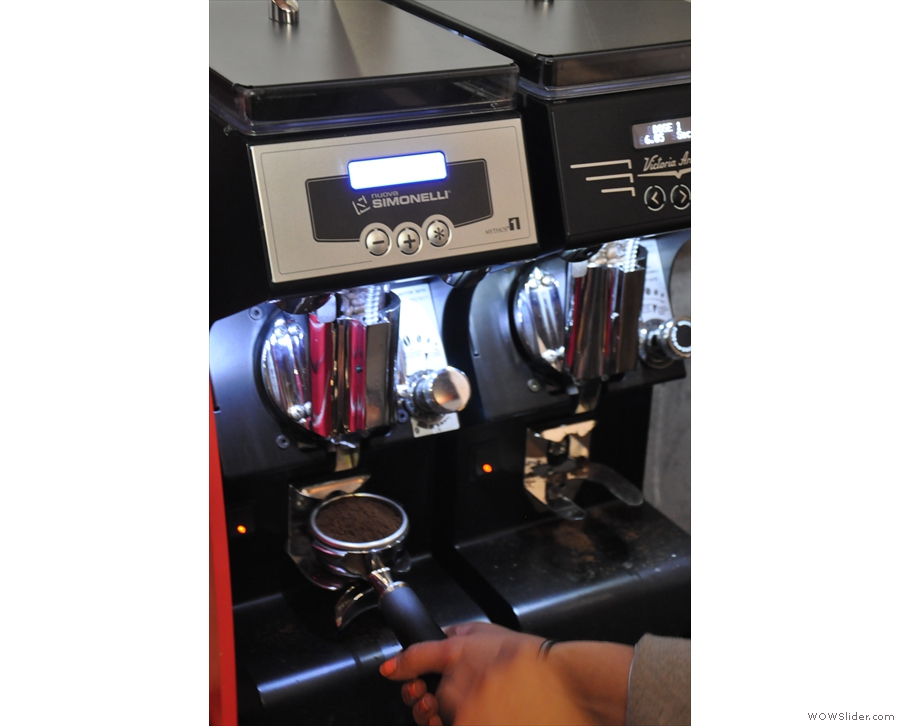
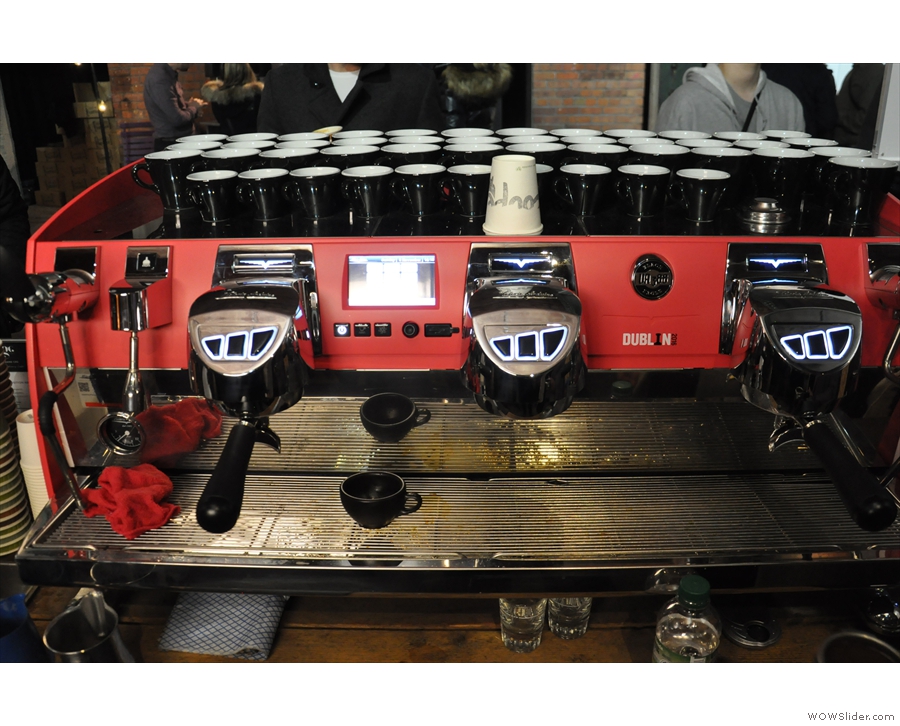
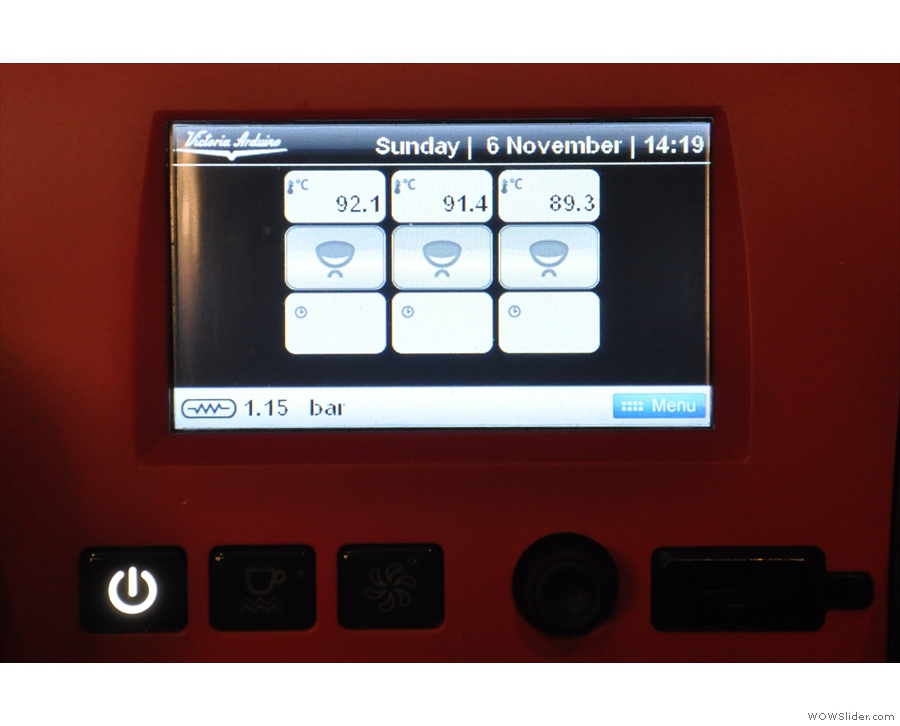
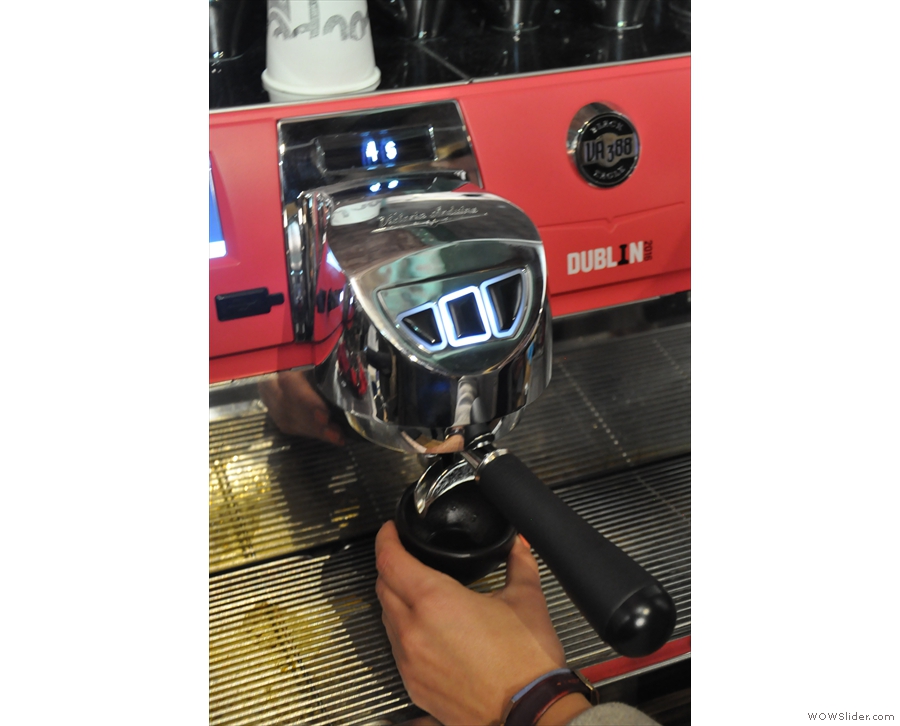
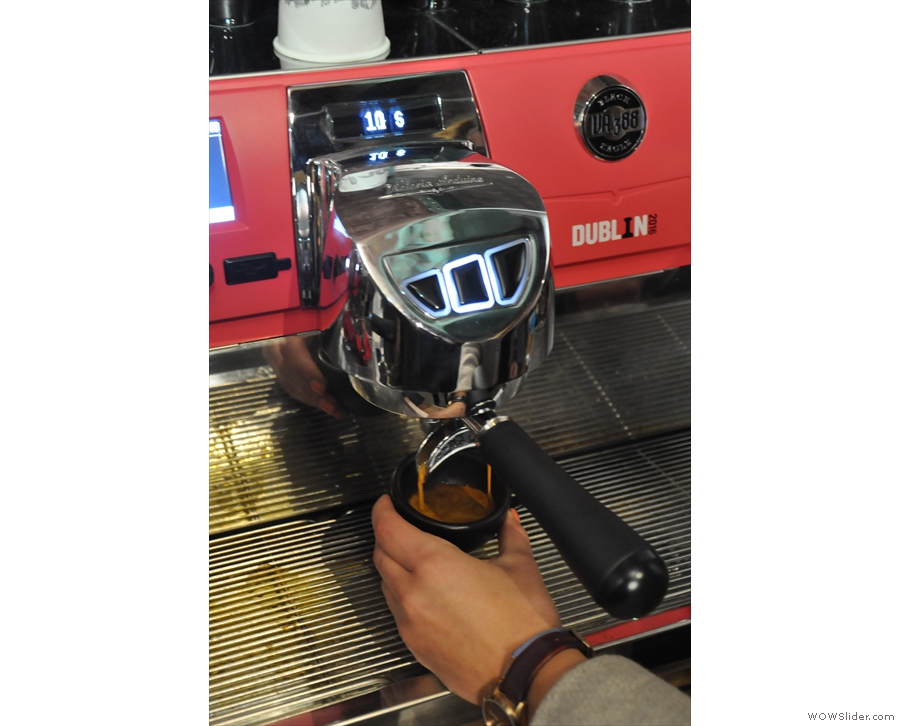
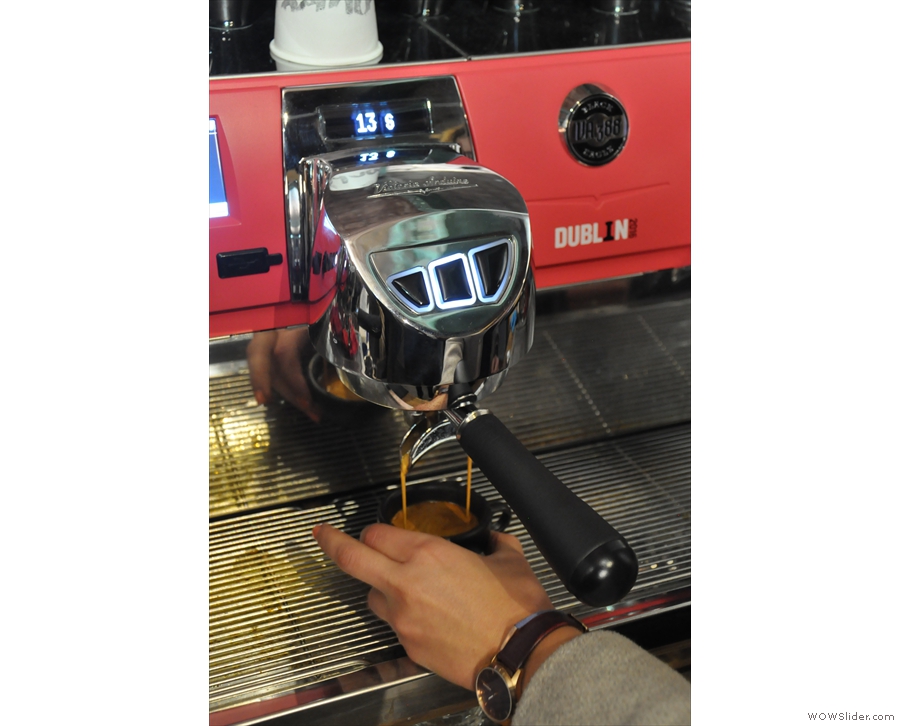
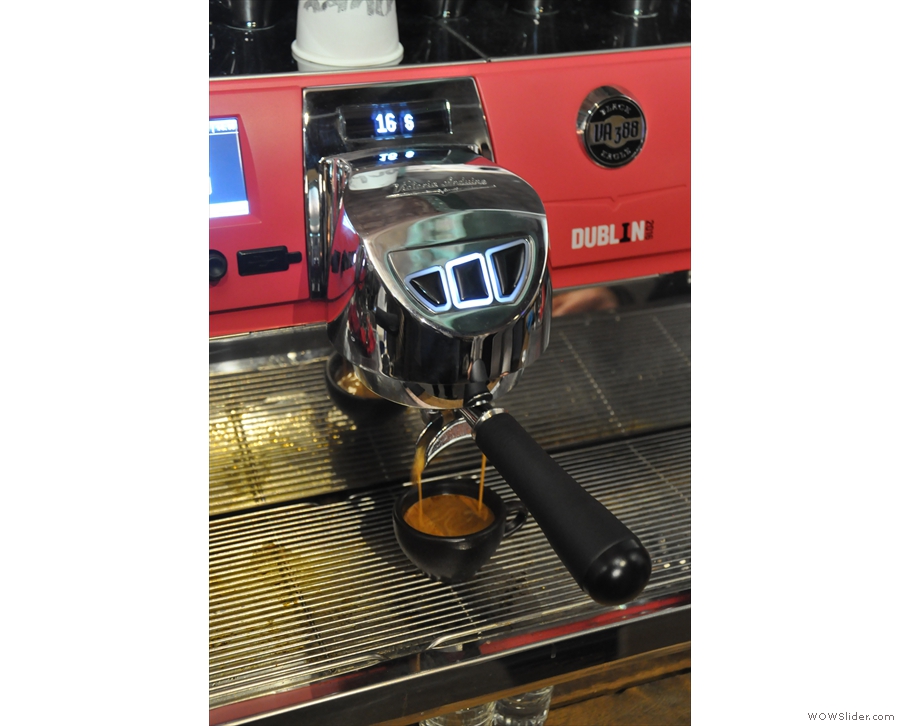
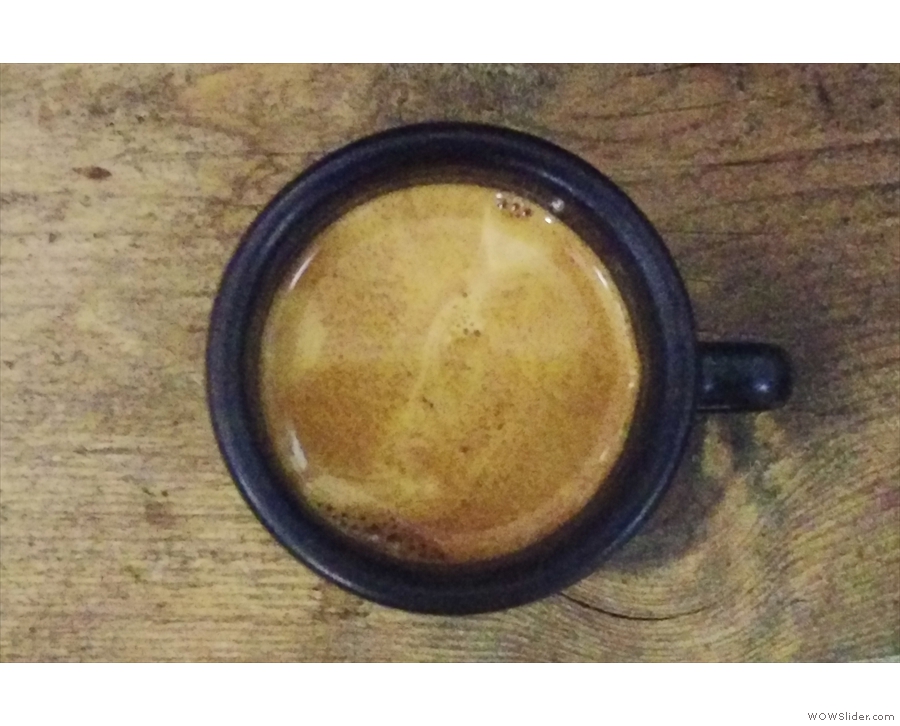
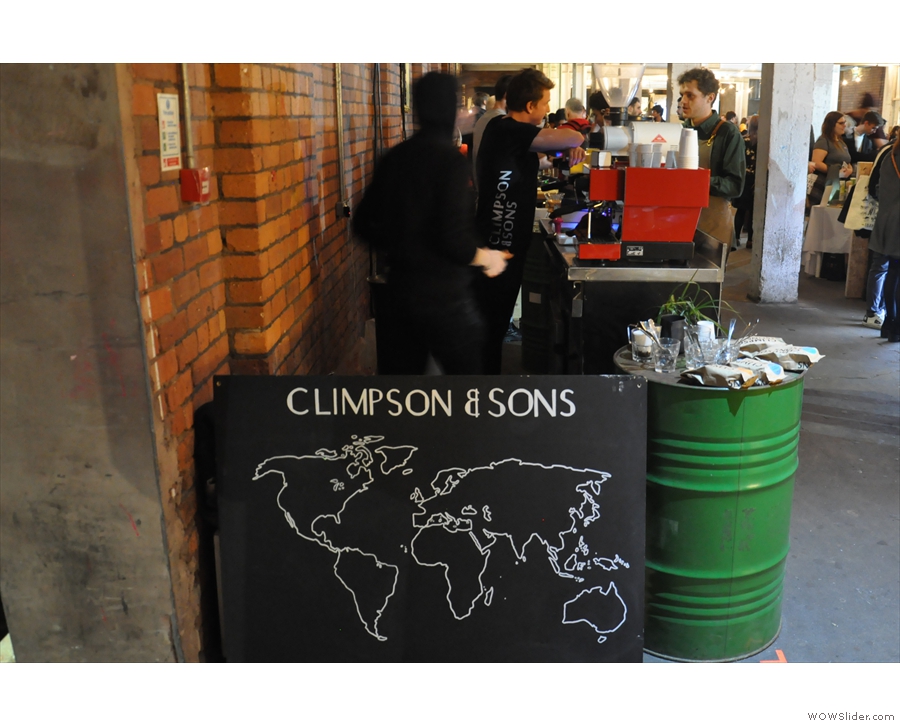
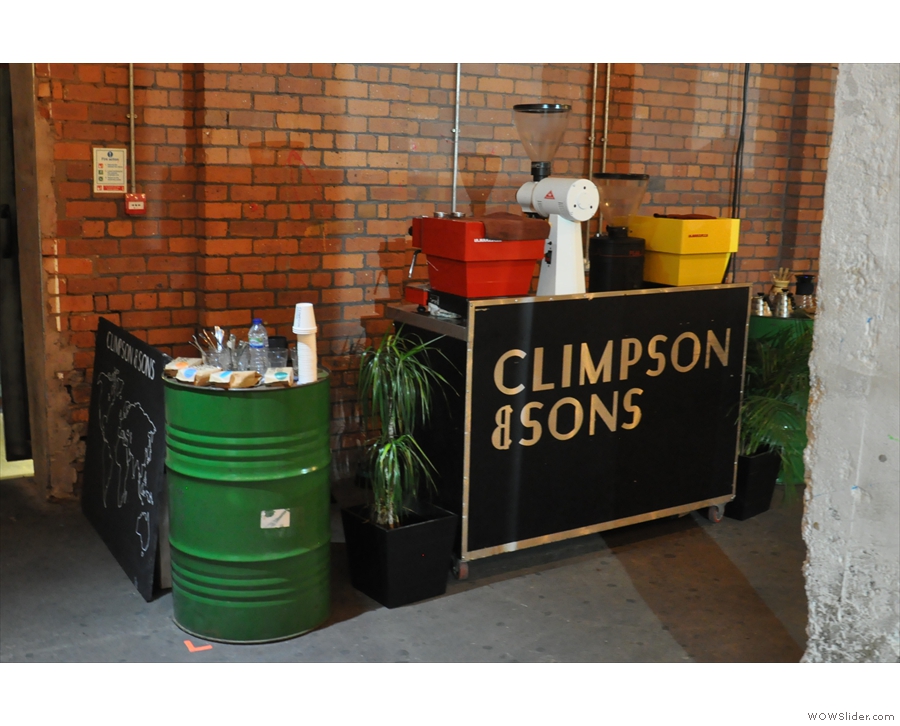
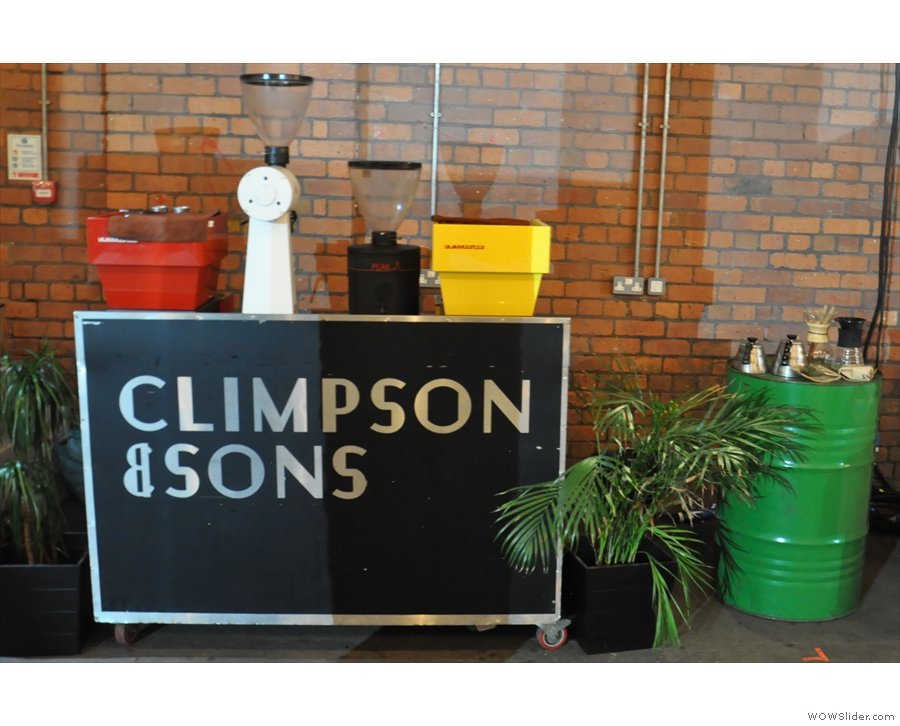
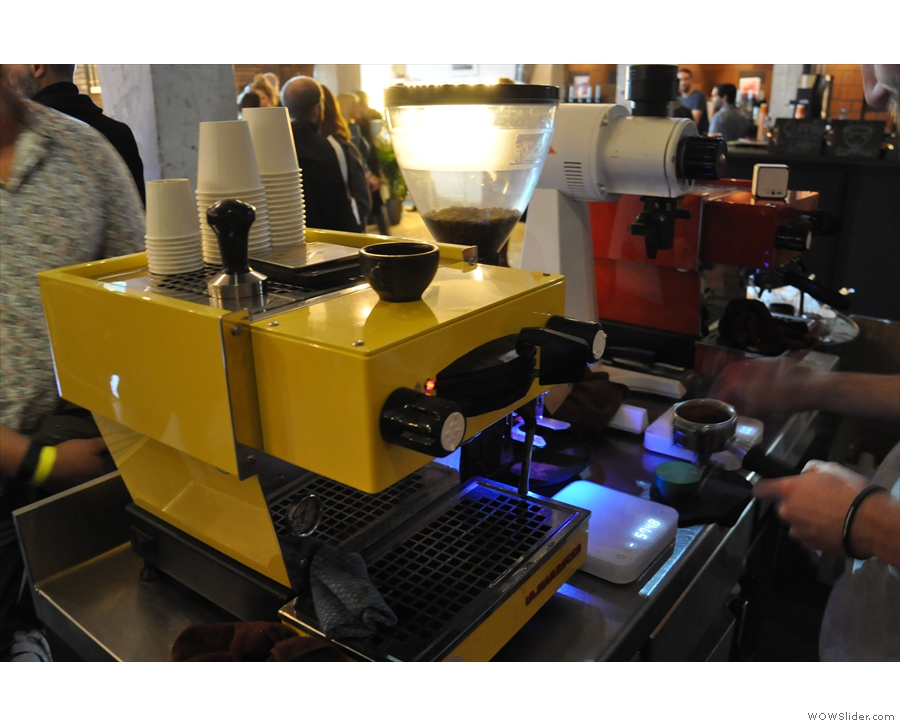
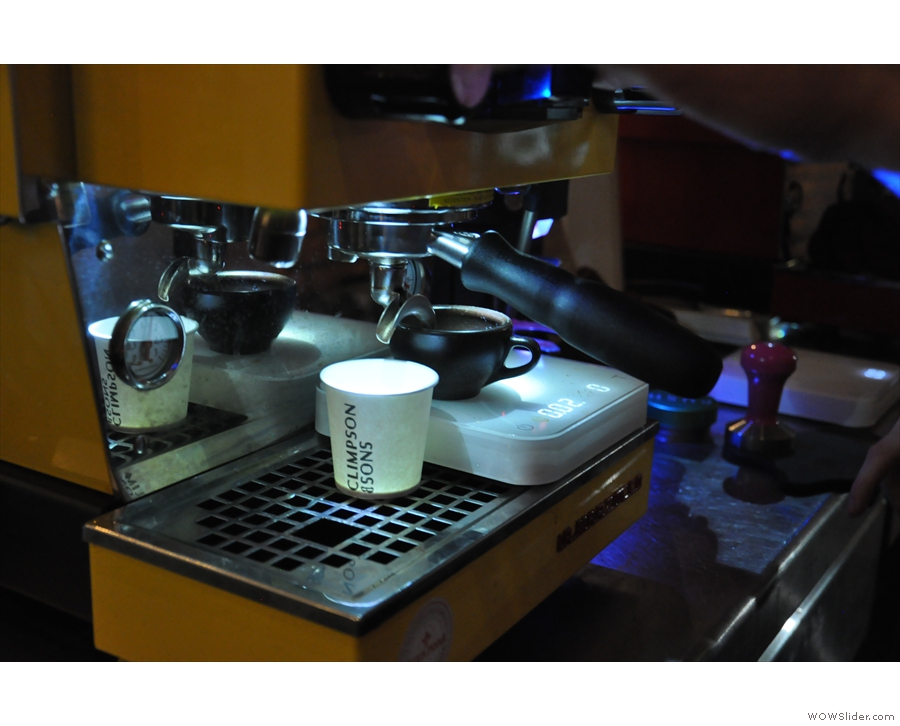
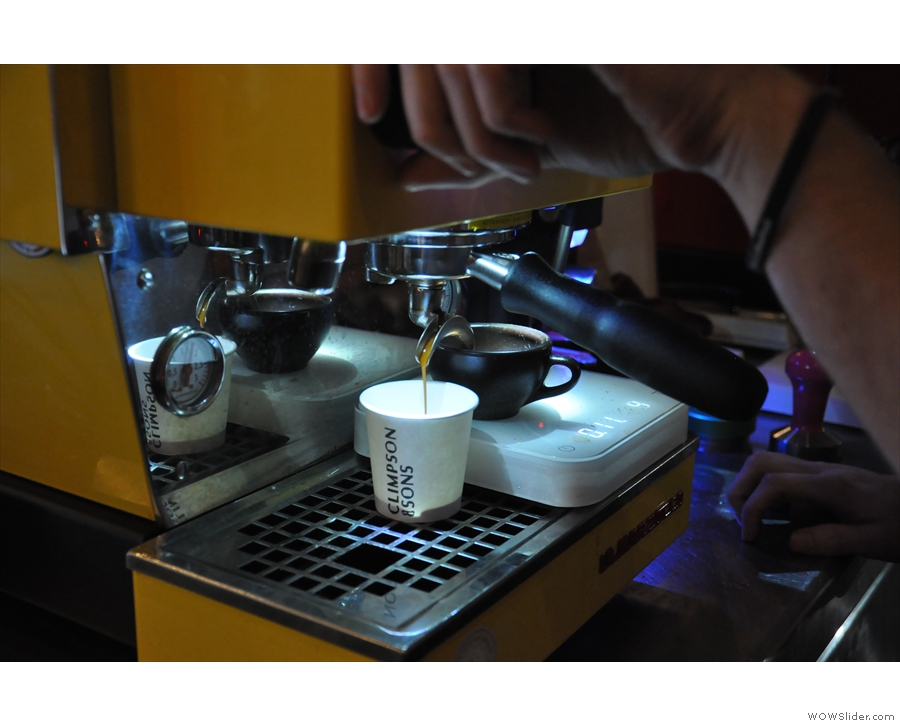
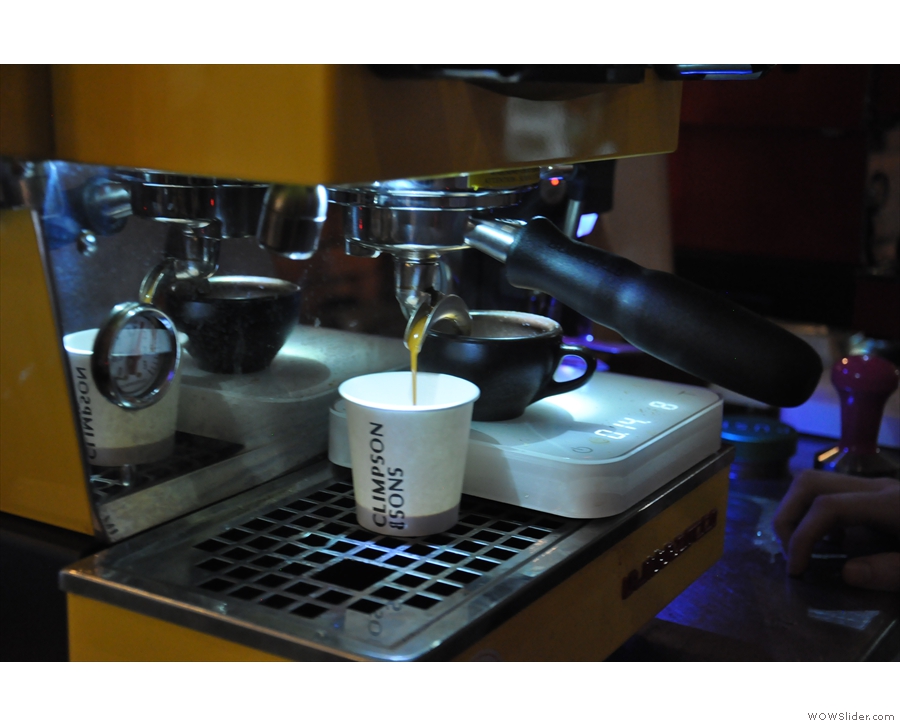
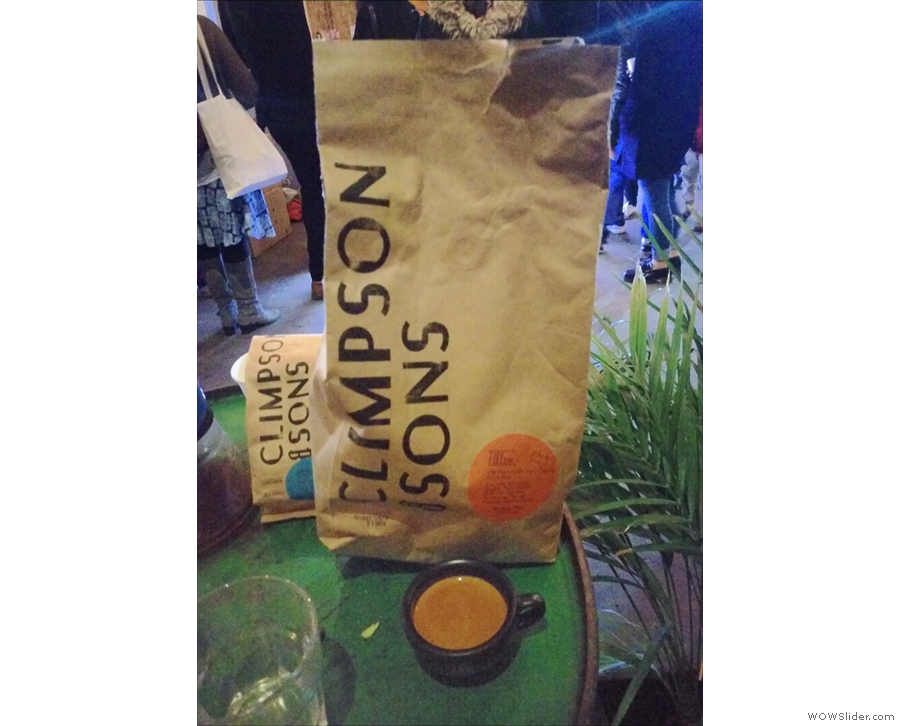
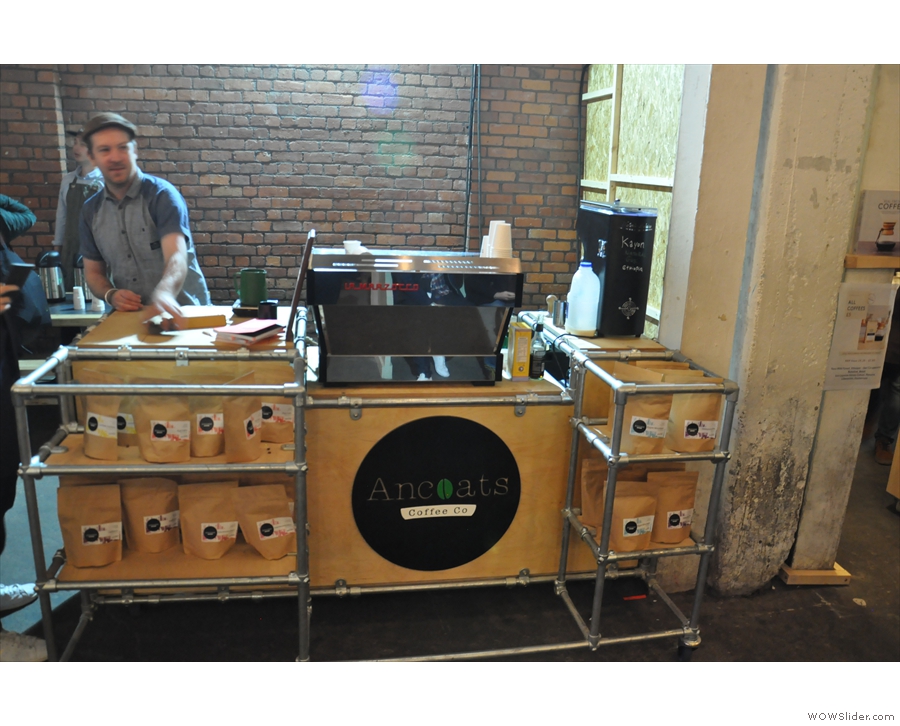
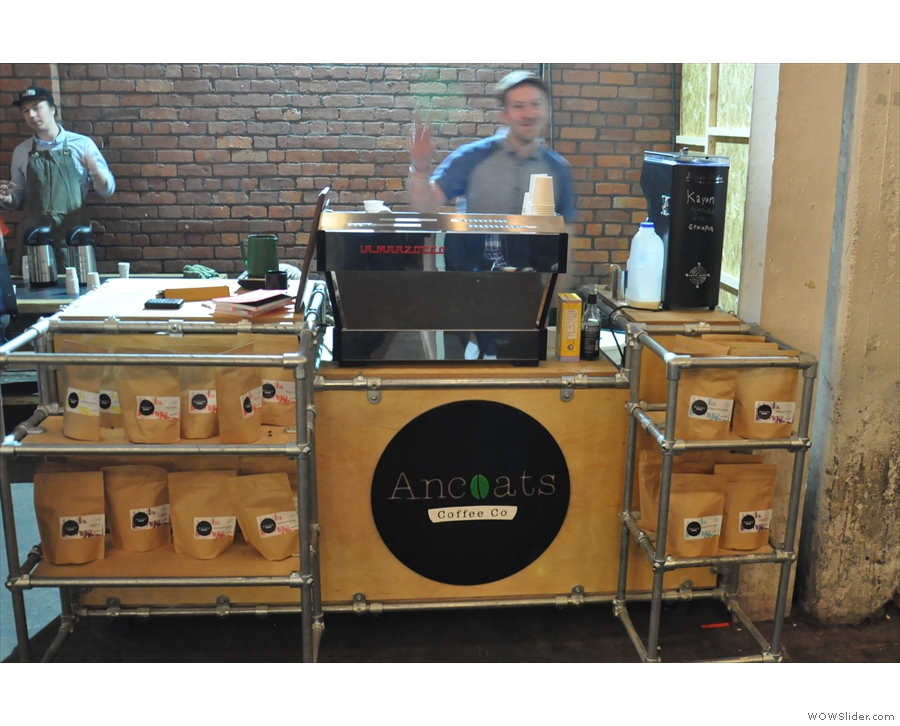
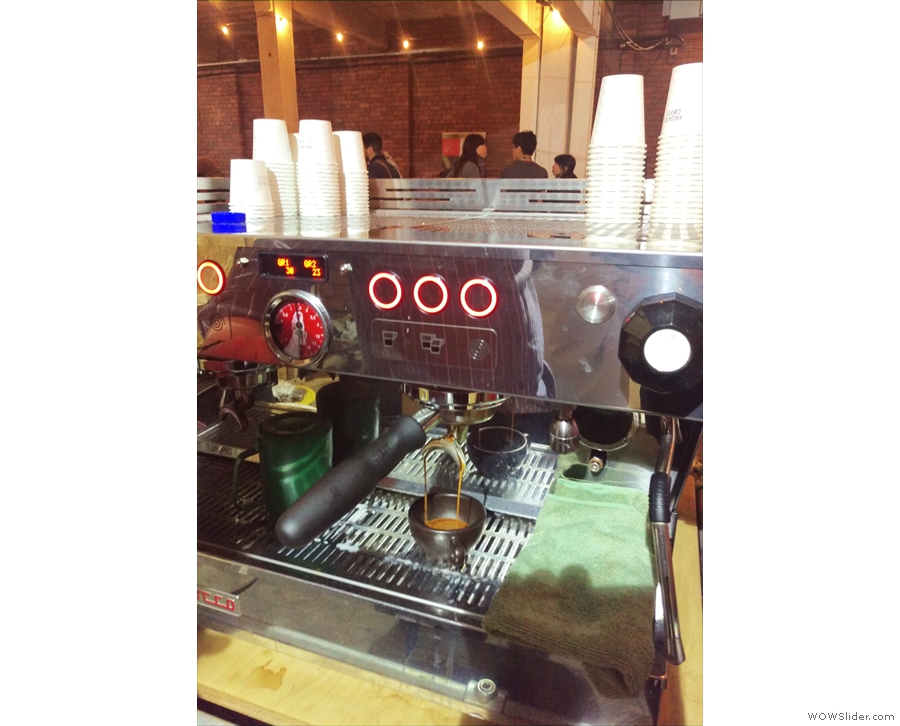
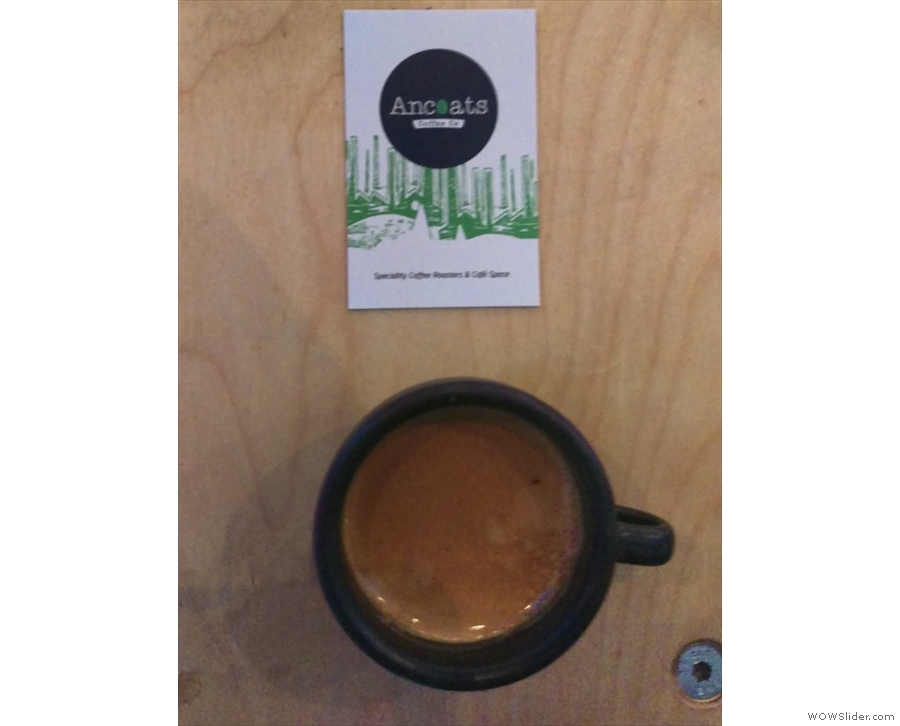
 1
1 2
2 3
3 4
4 5
5 6
6 7
7 8
8 9
9 10
10 11
11 12
12 13
13 14
14 15
15 16
16 17
17 18
18 19
19 20
20 21
21
Pingback: Manchester Coffee Festival 2016 Part I | Brian's Coffee Spot
Pingback: Neighbourhood Coffee | Brian's Coffee Spot
Pingback: Manchester Coffee Festival 2016 Part III | Brian's Coffee Spot
Pingback: The Coffee Spot Christmas Gift Guide 2016 | Brian's Coffee Spot
Pingback: Ancoats Coffee Update | Brian's Coffee Spot
Pingback: Speciality Coffee in Capsules? | Brian's Coffee Spot
Pingback: Allpress Espresso | Brian's Coffee Spot
Pingback: Carvetii Coffee Roasters | Brian's Coffee Spot
Pingback: The Moon & Sixpence | Brian's Coffee Spot
Pingback: Manchester Coffee Festival 2017 Part II | Brian's Coffee Spot
Pingback: Atkinsons, Mackie Mayor | Brian's Coffee Spot